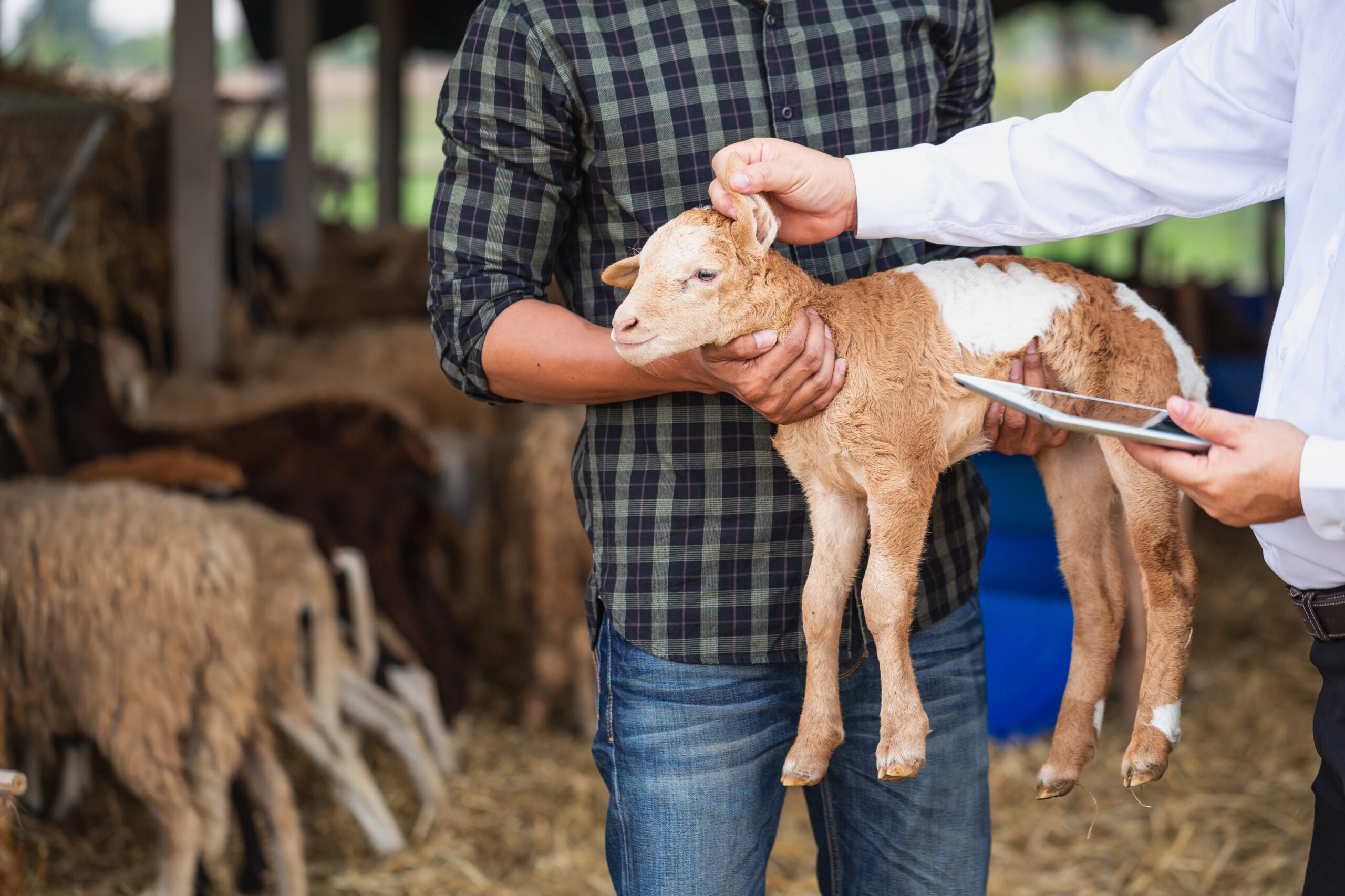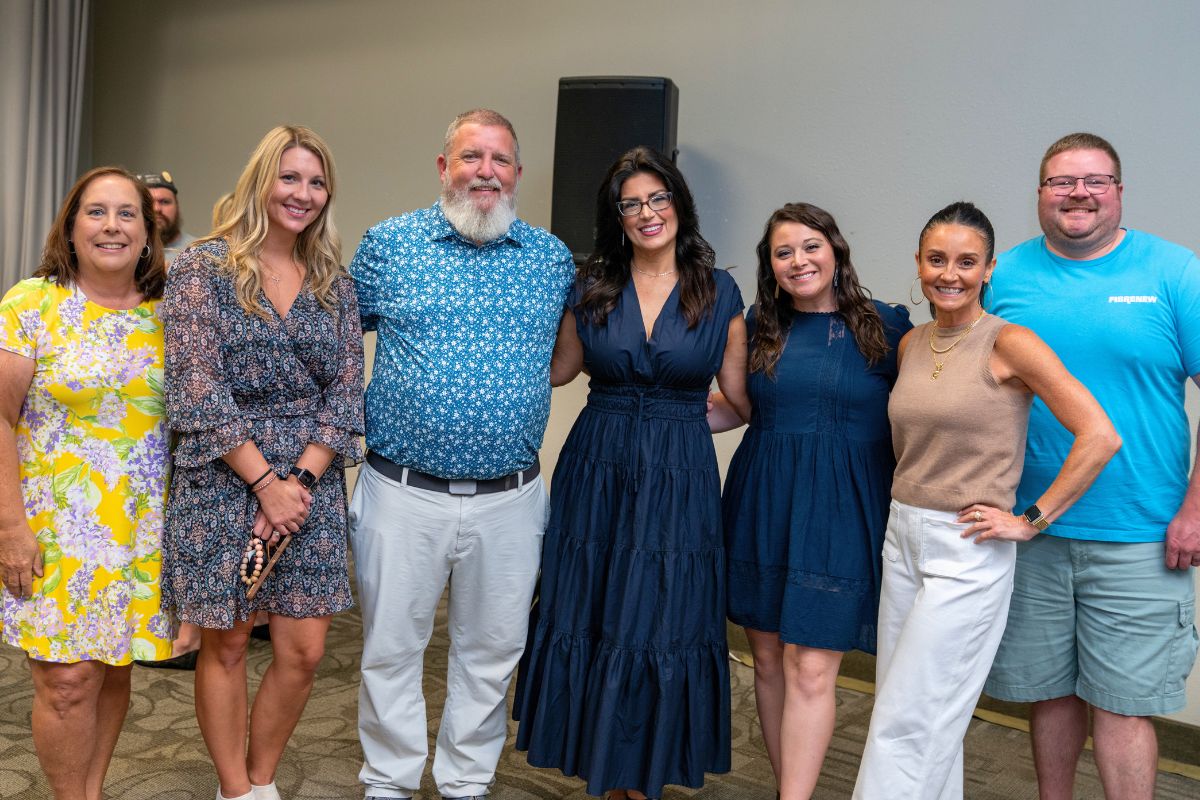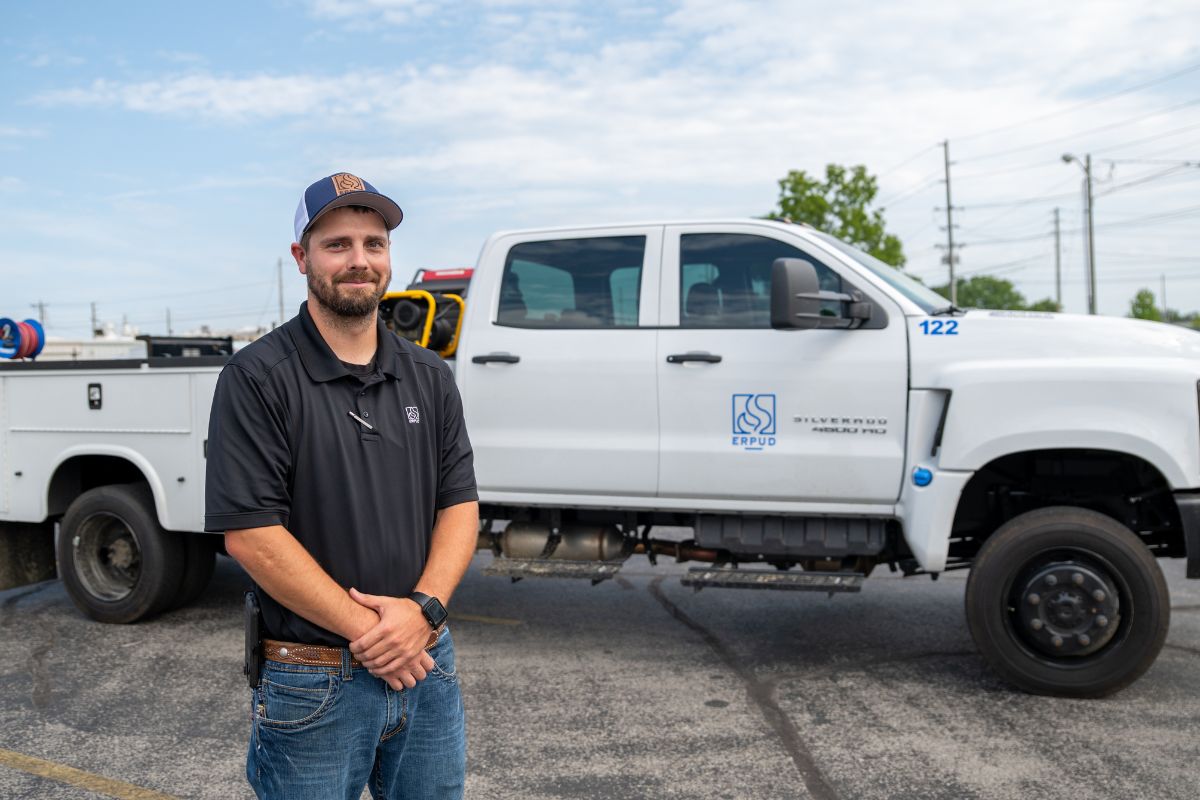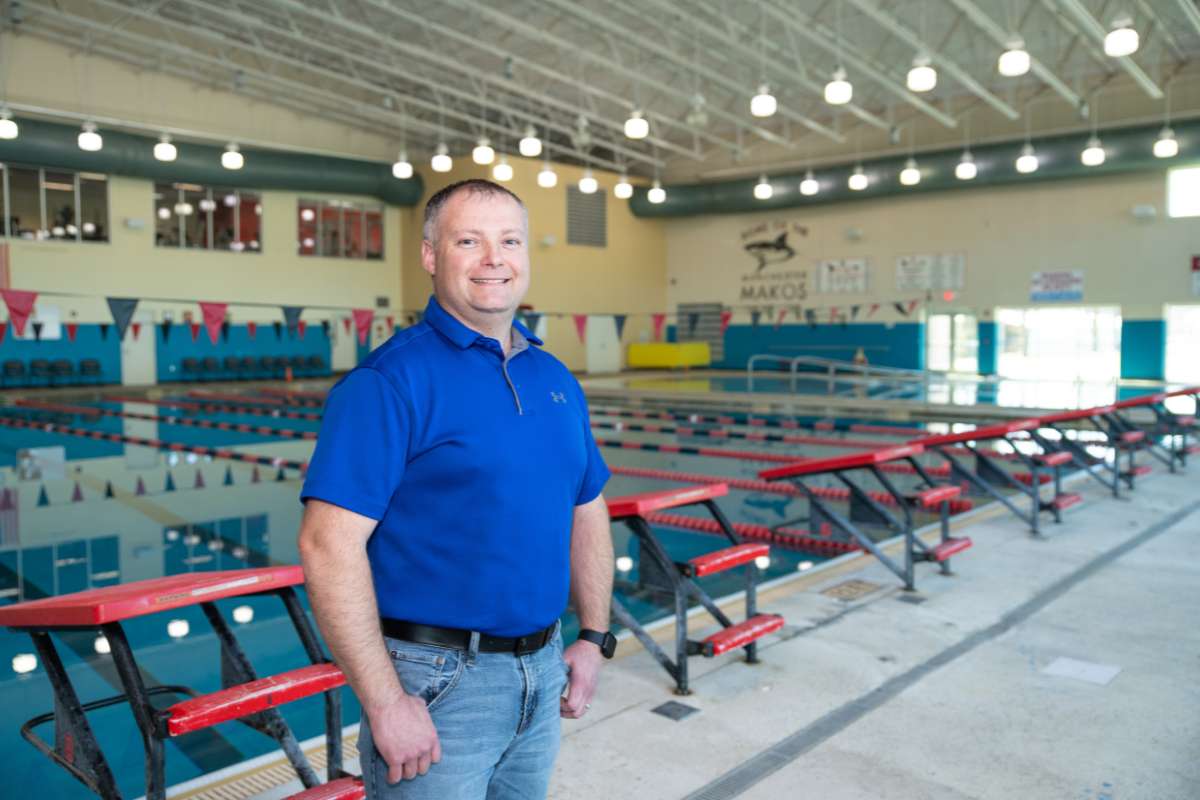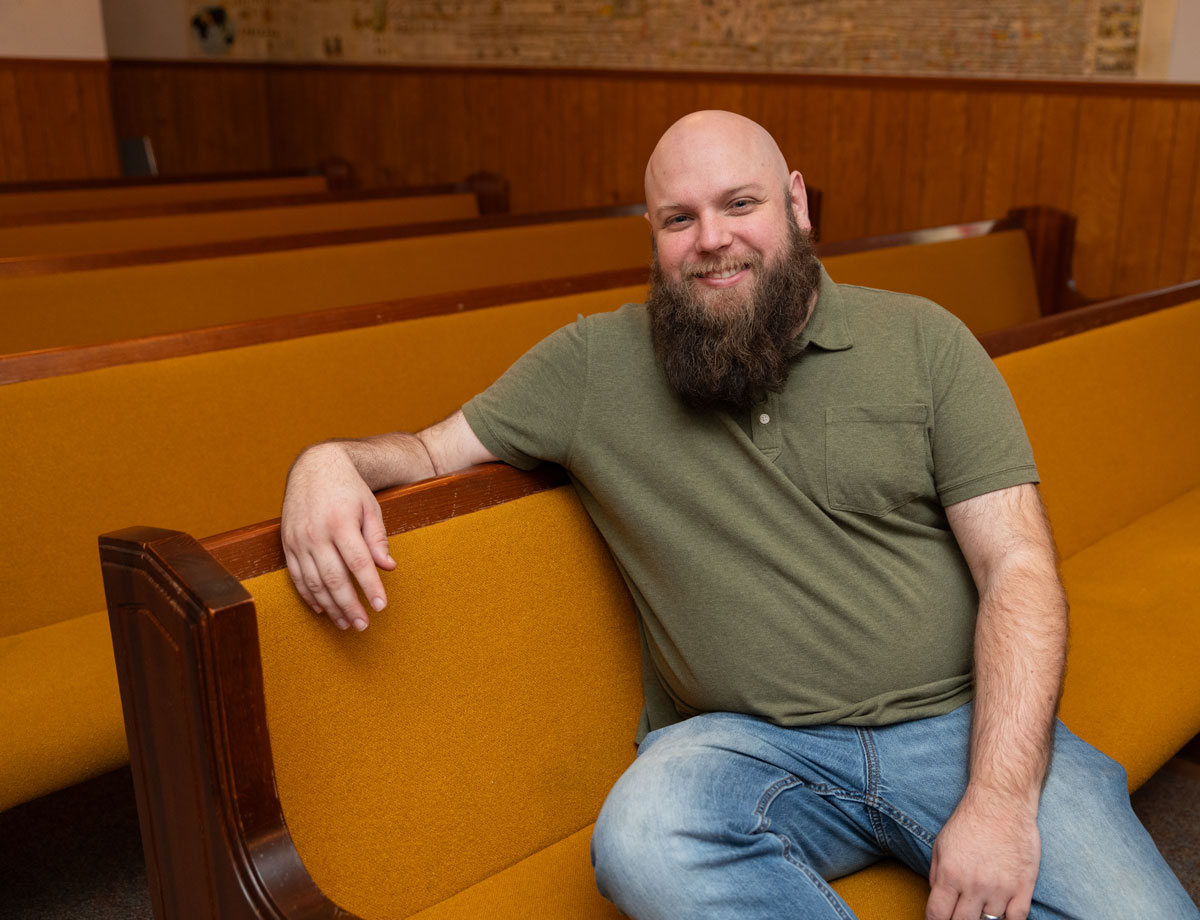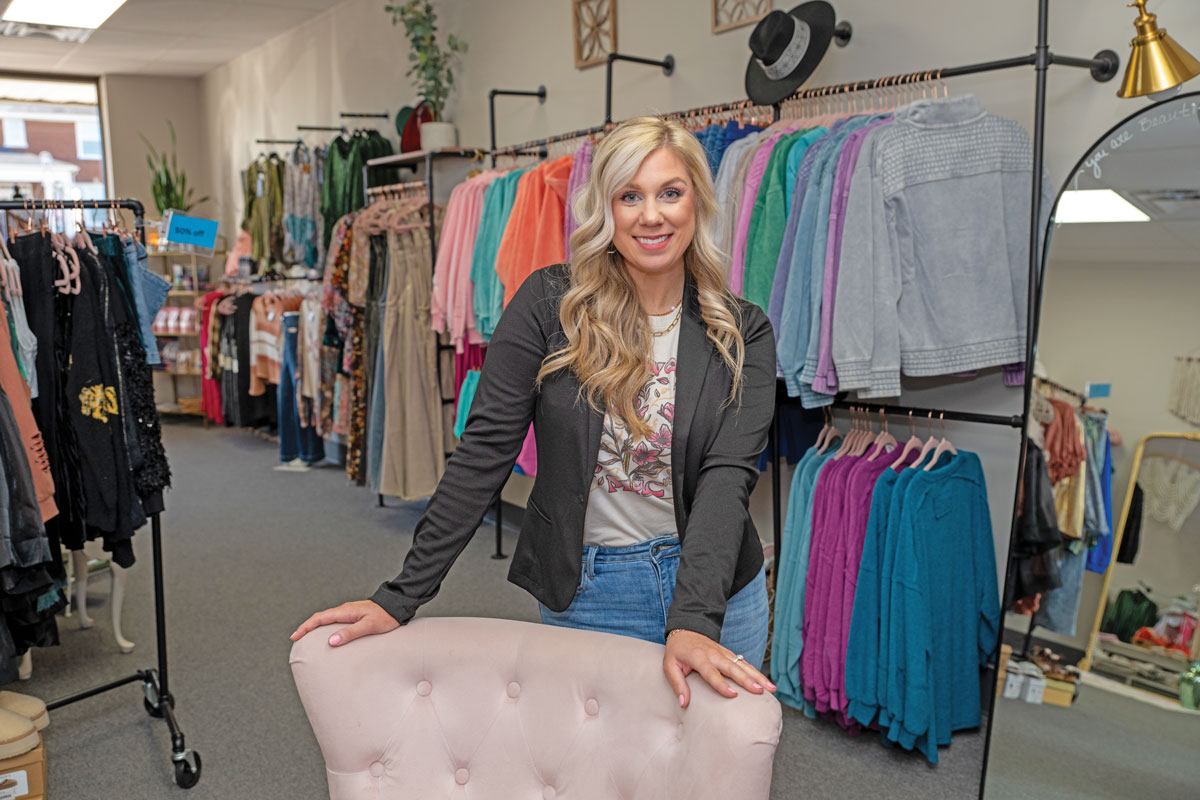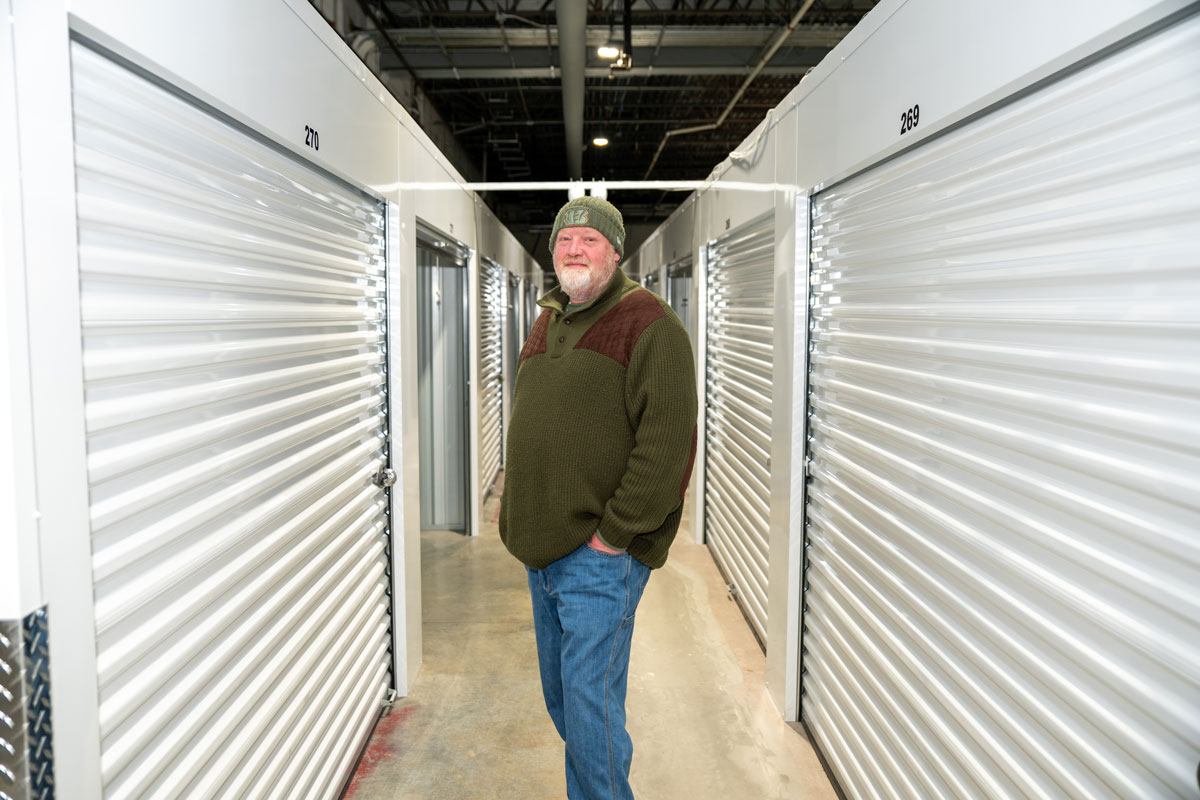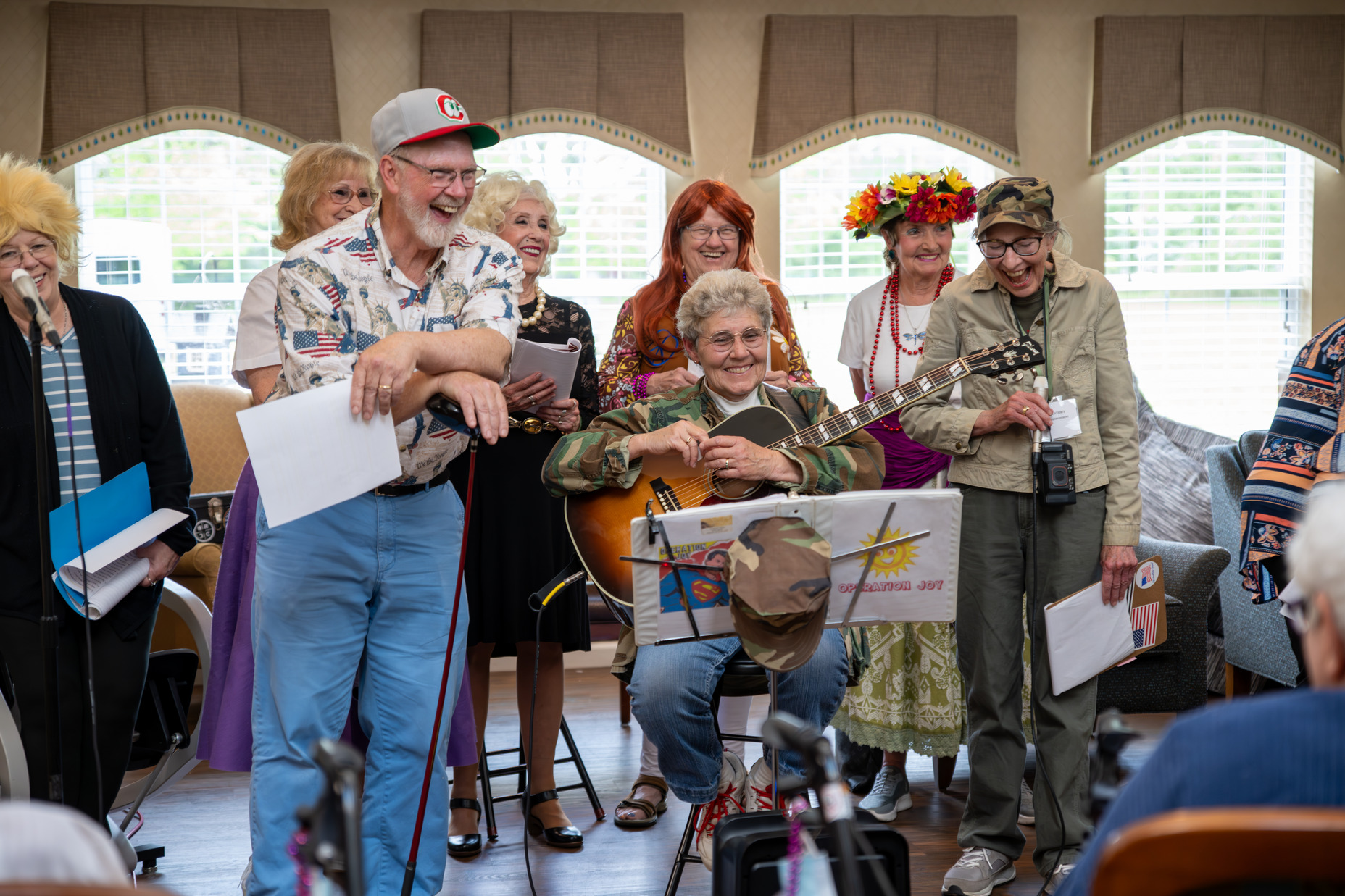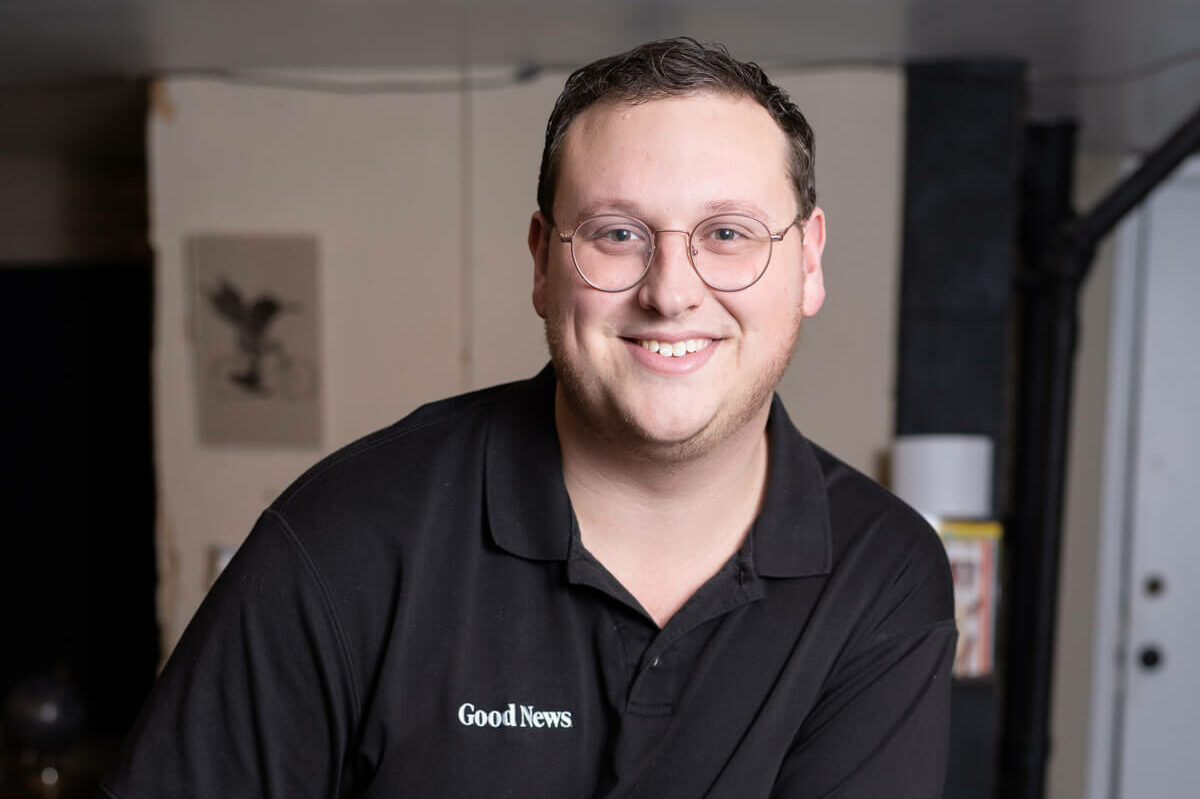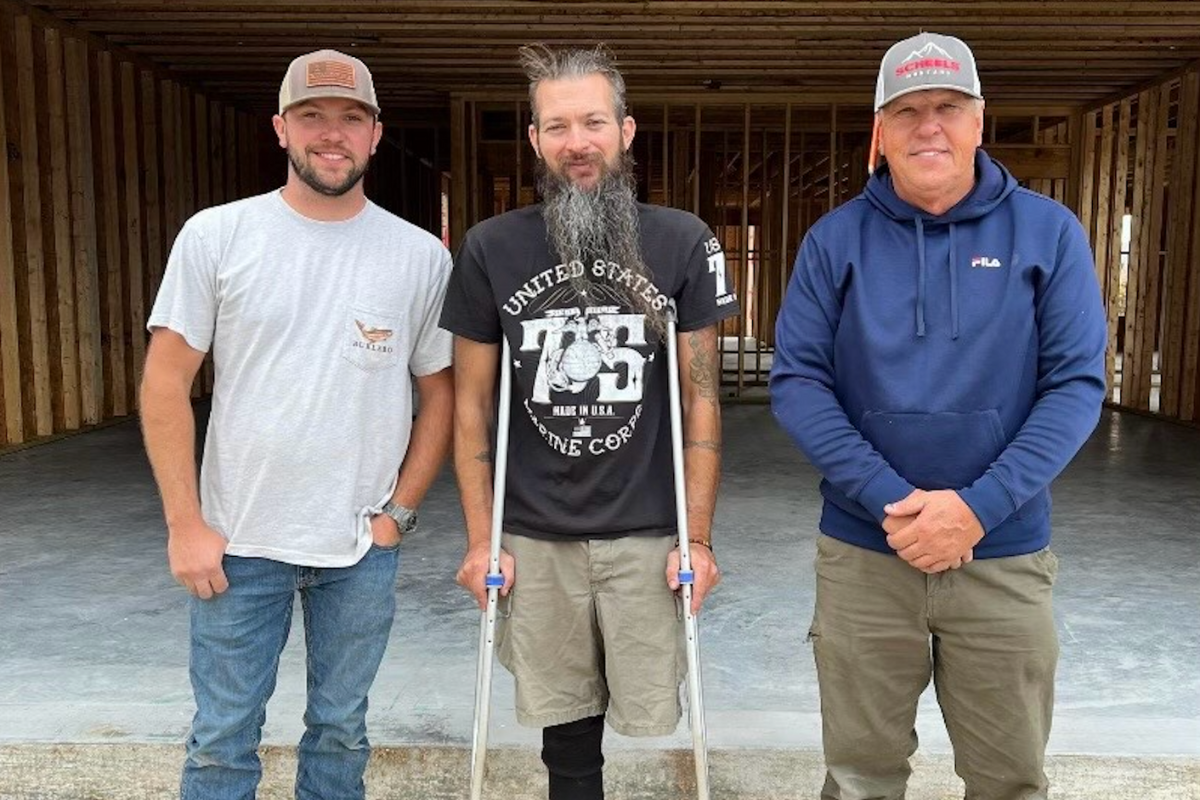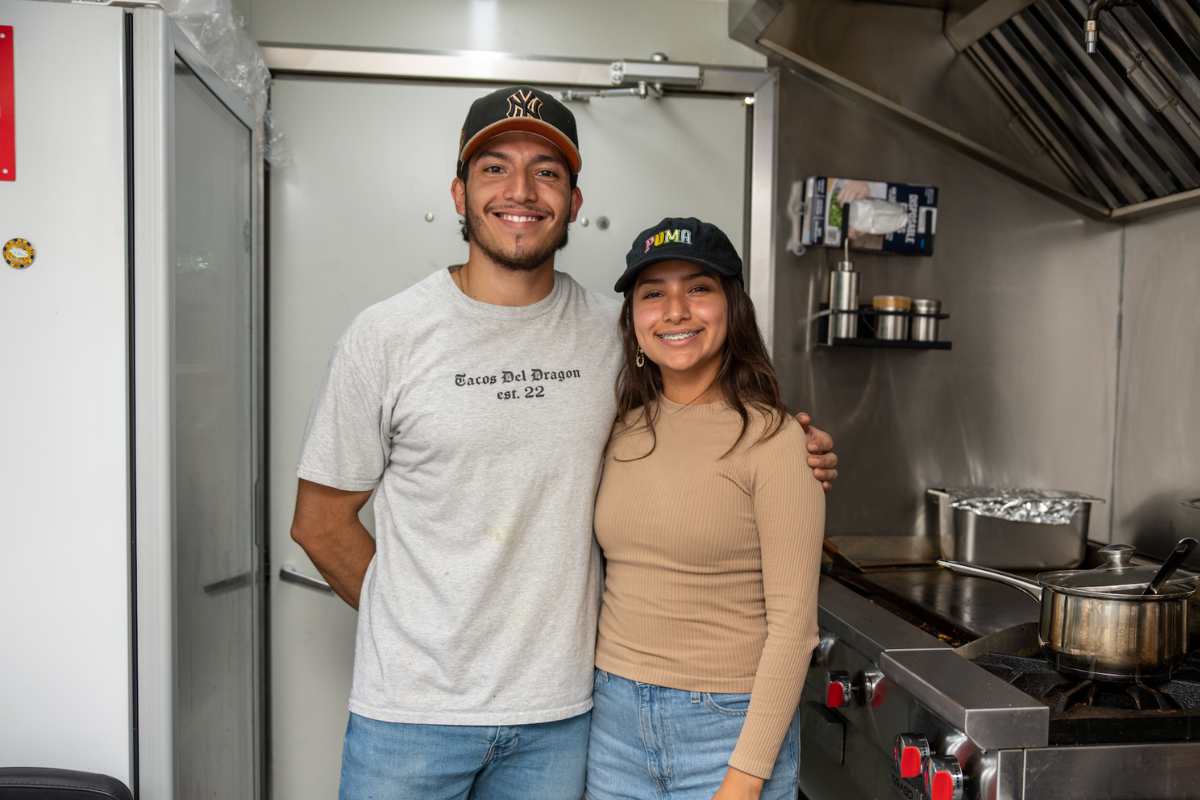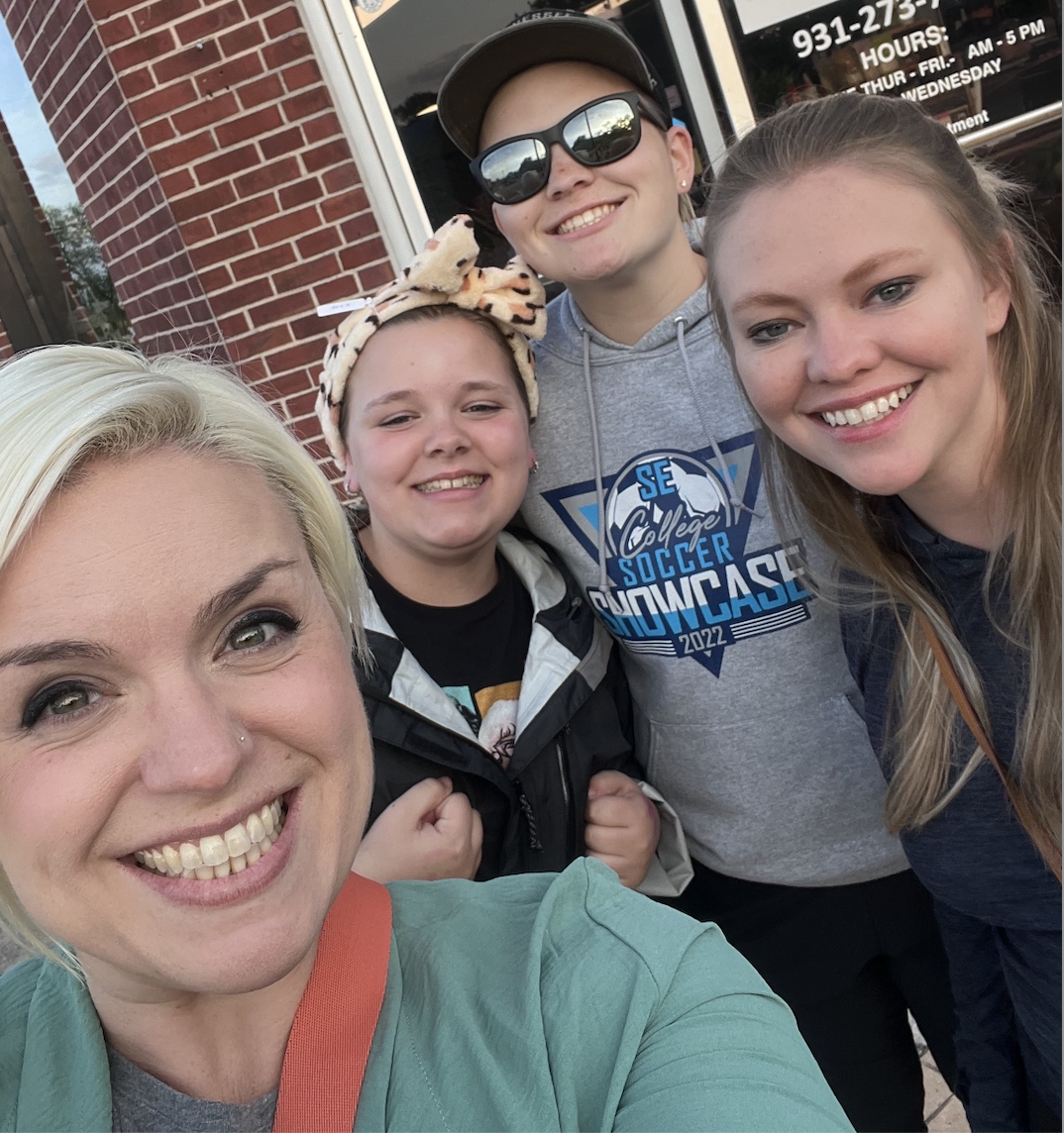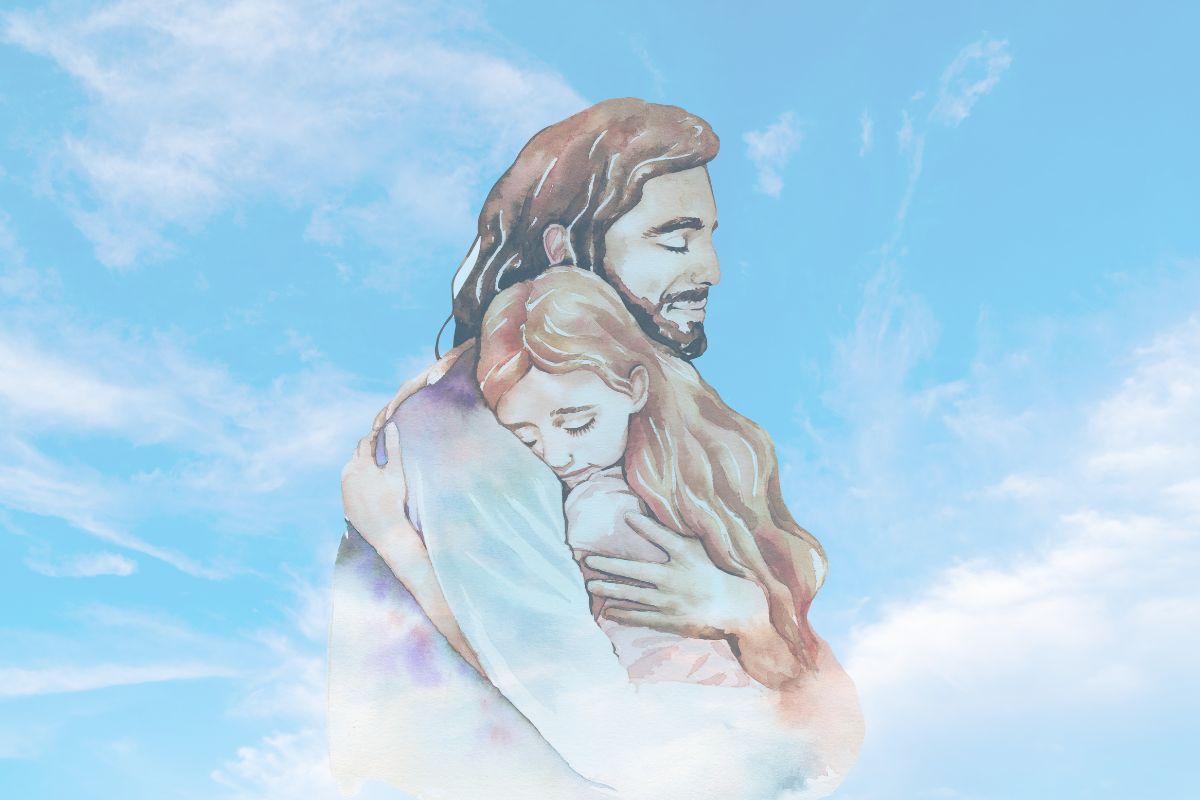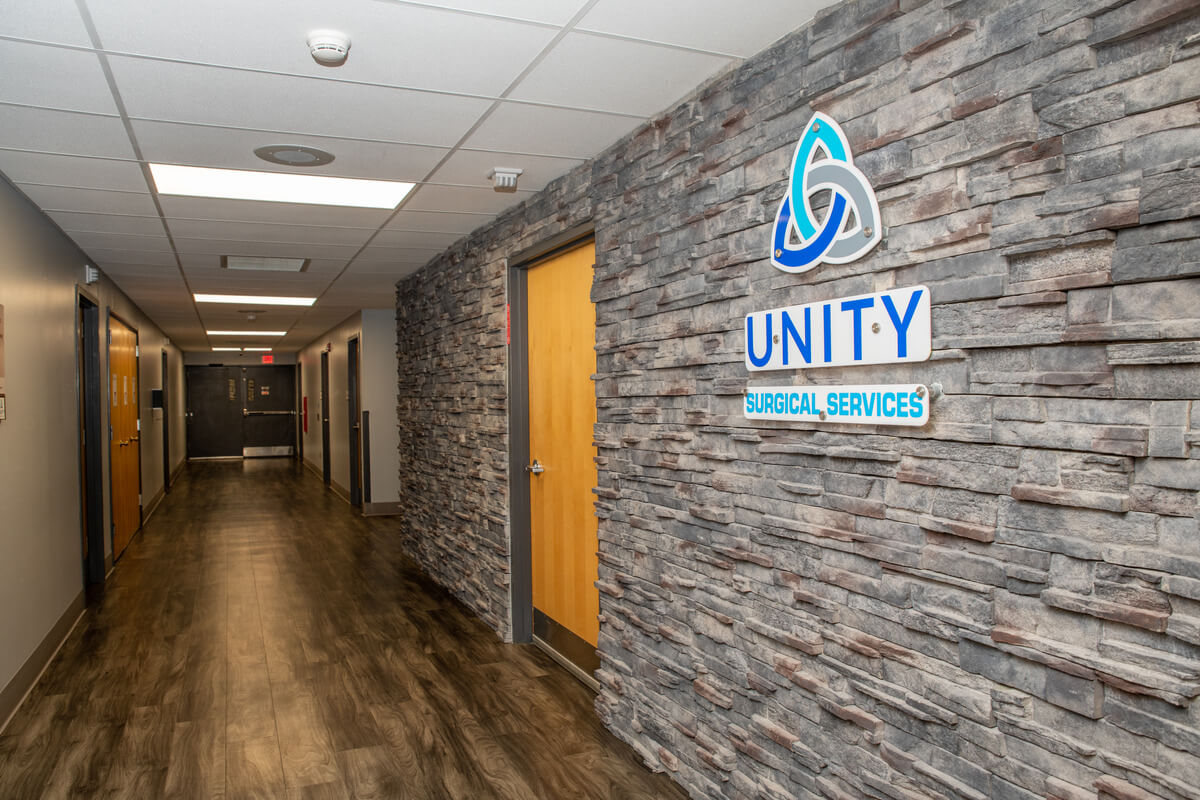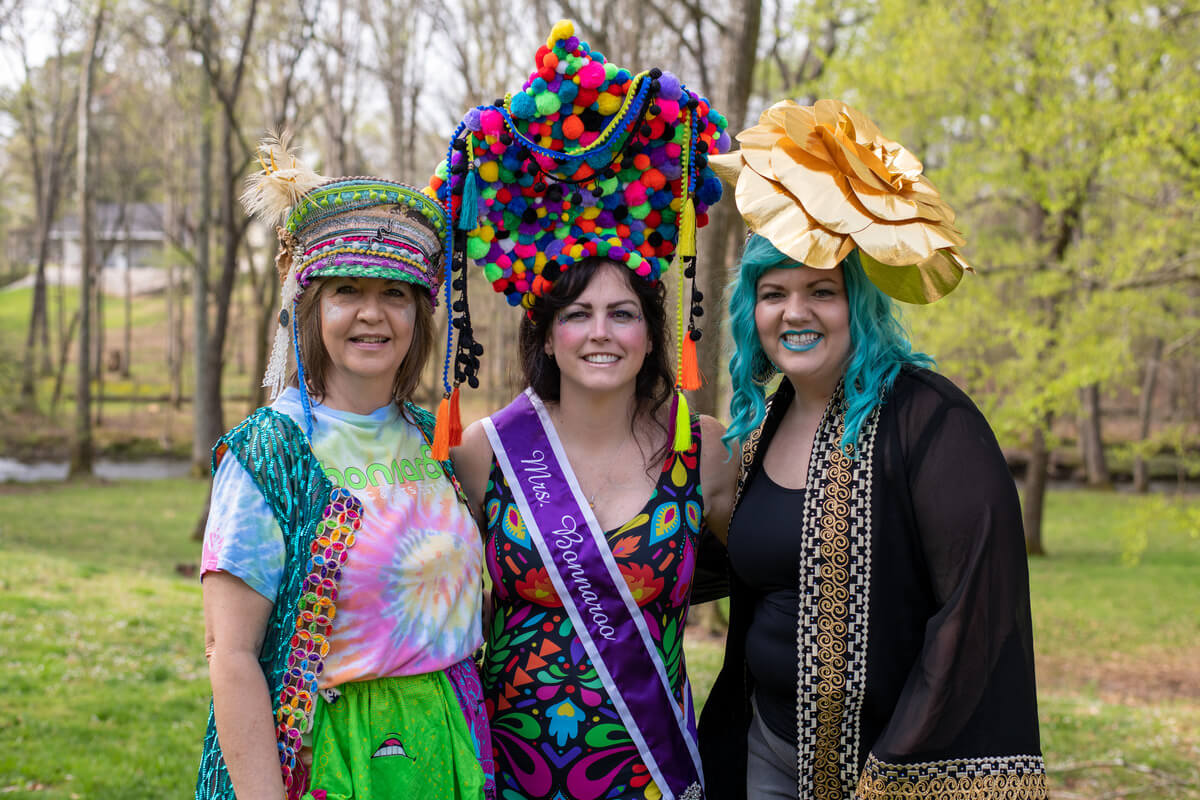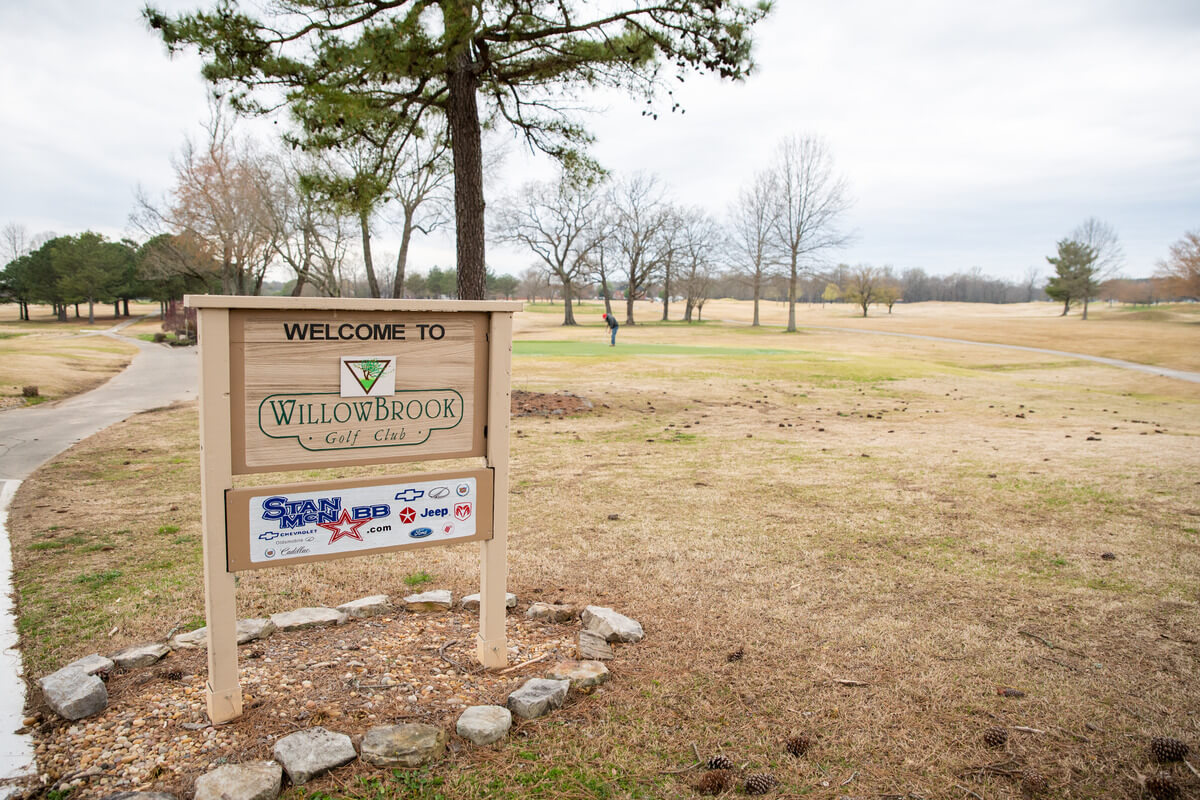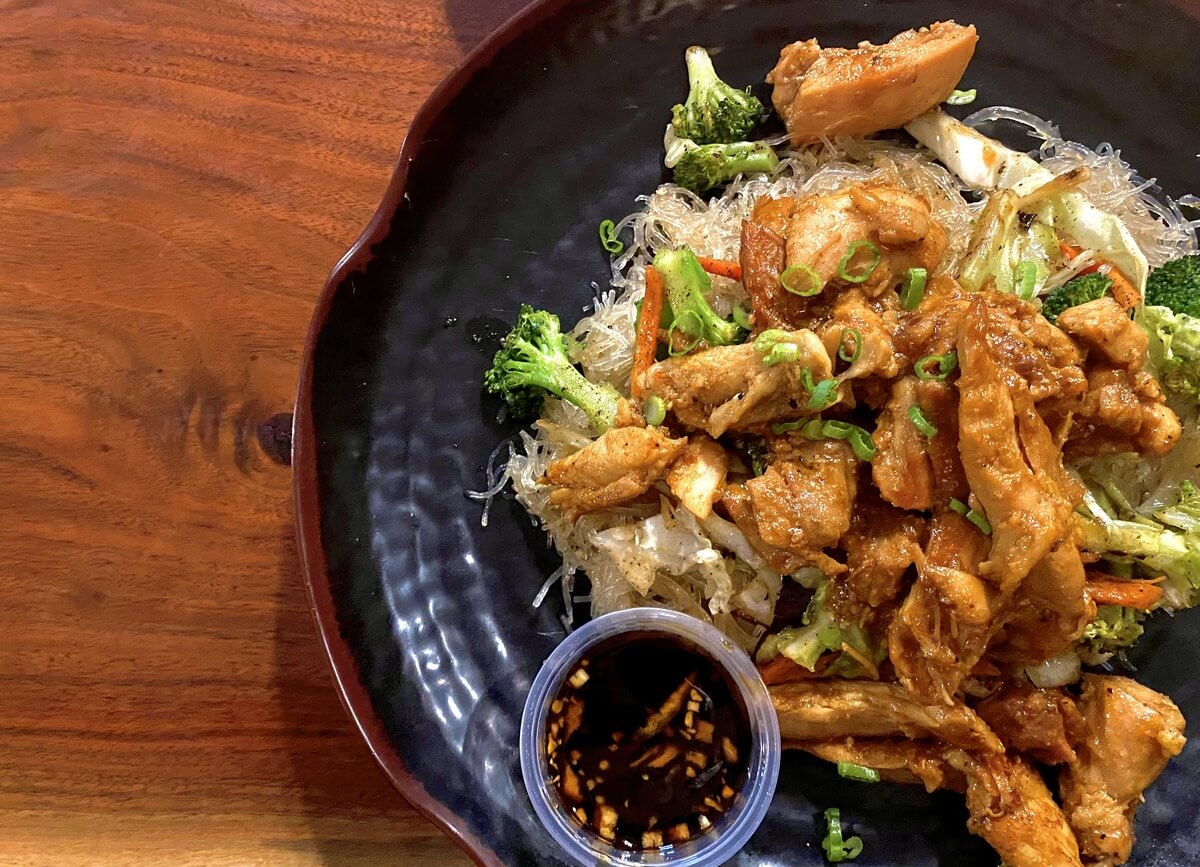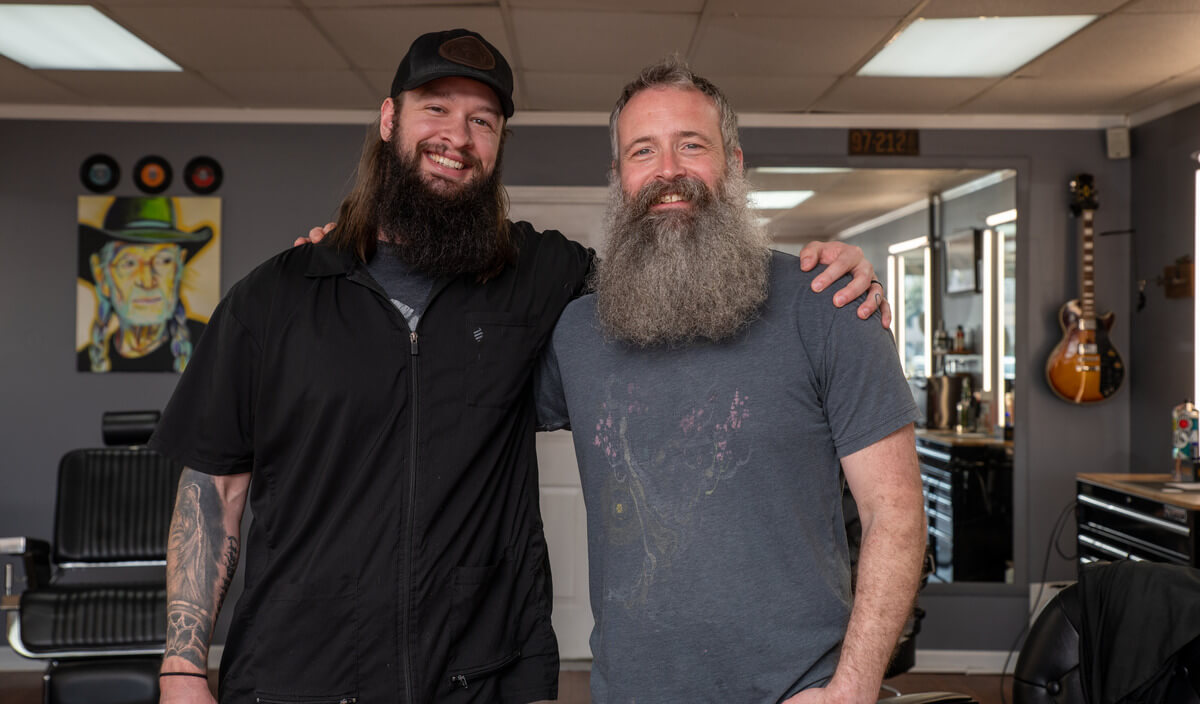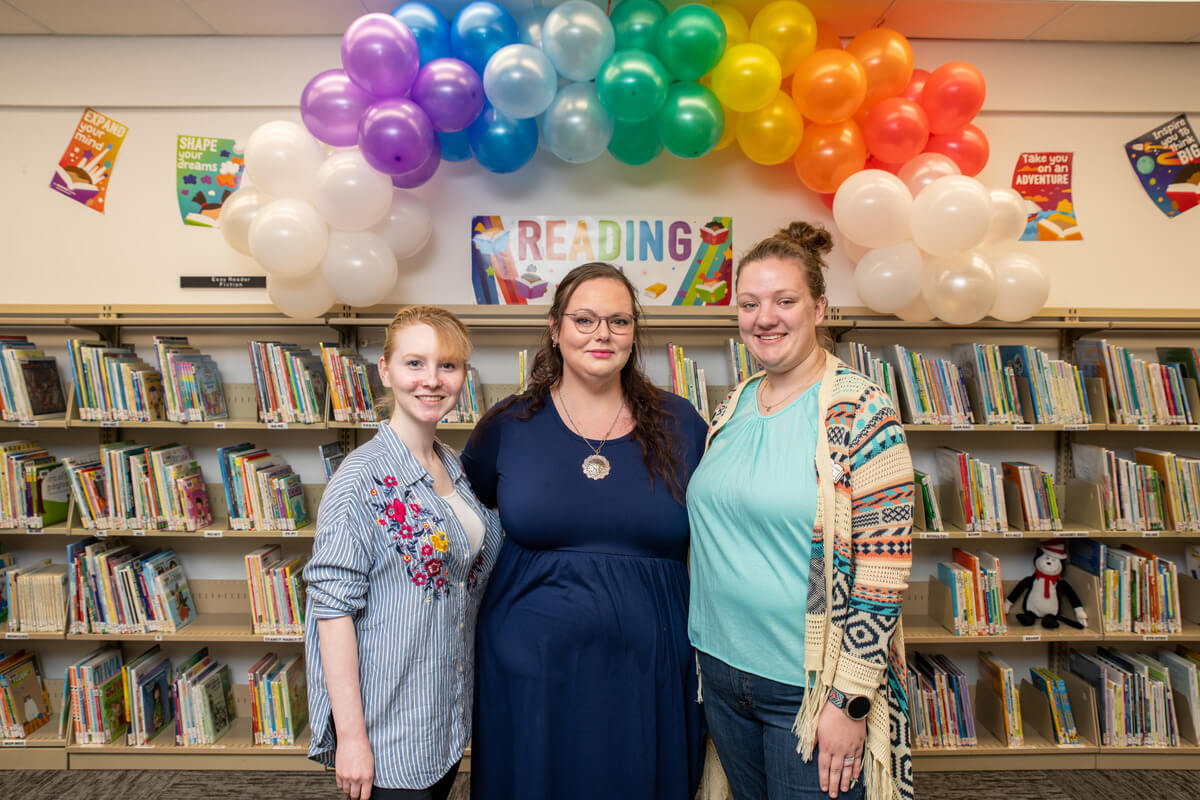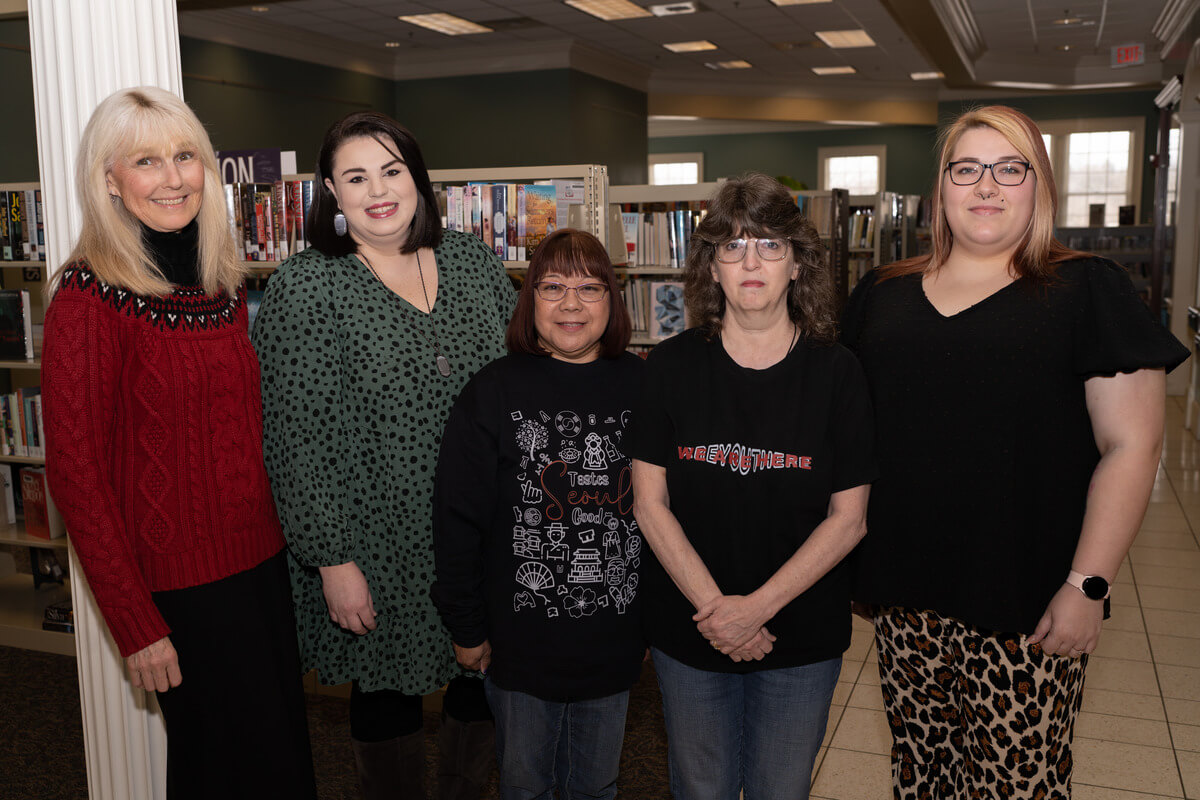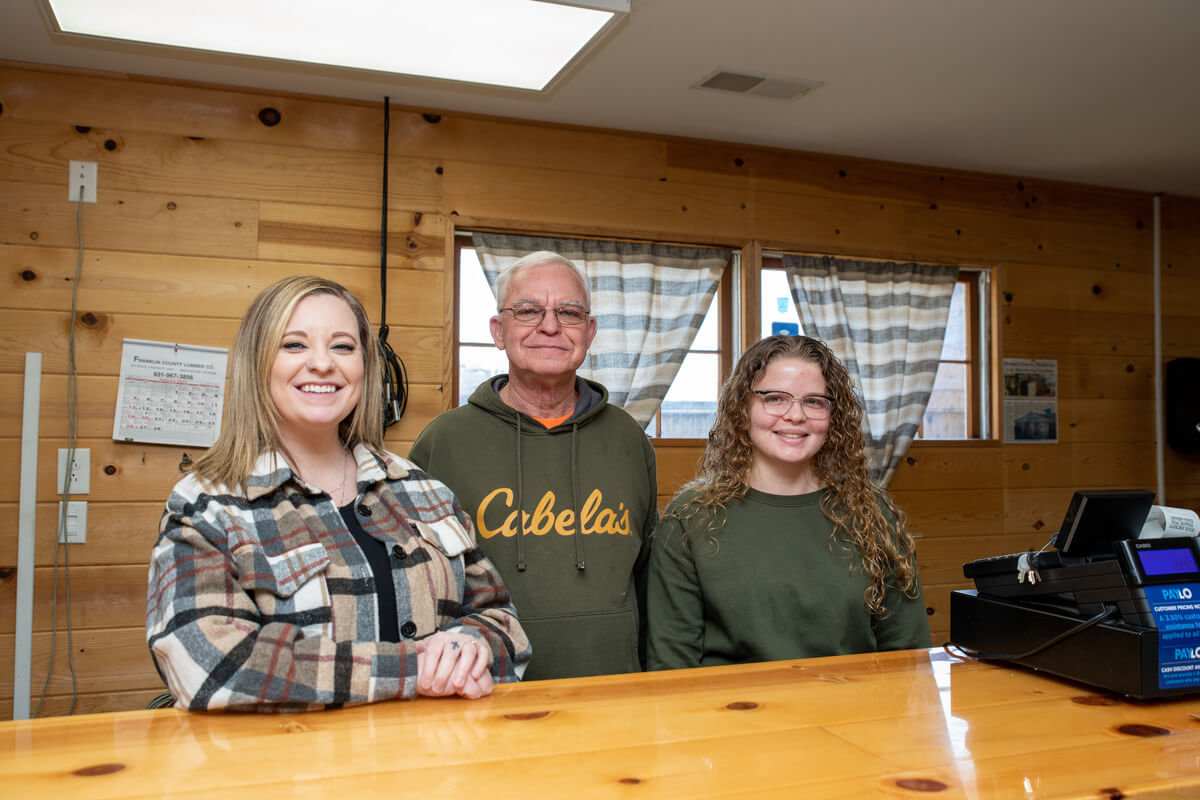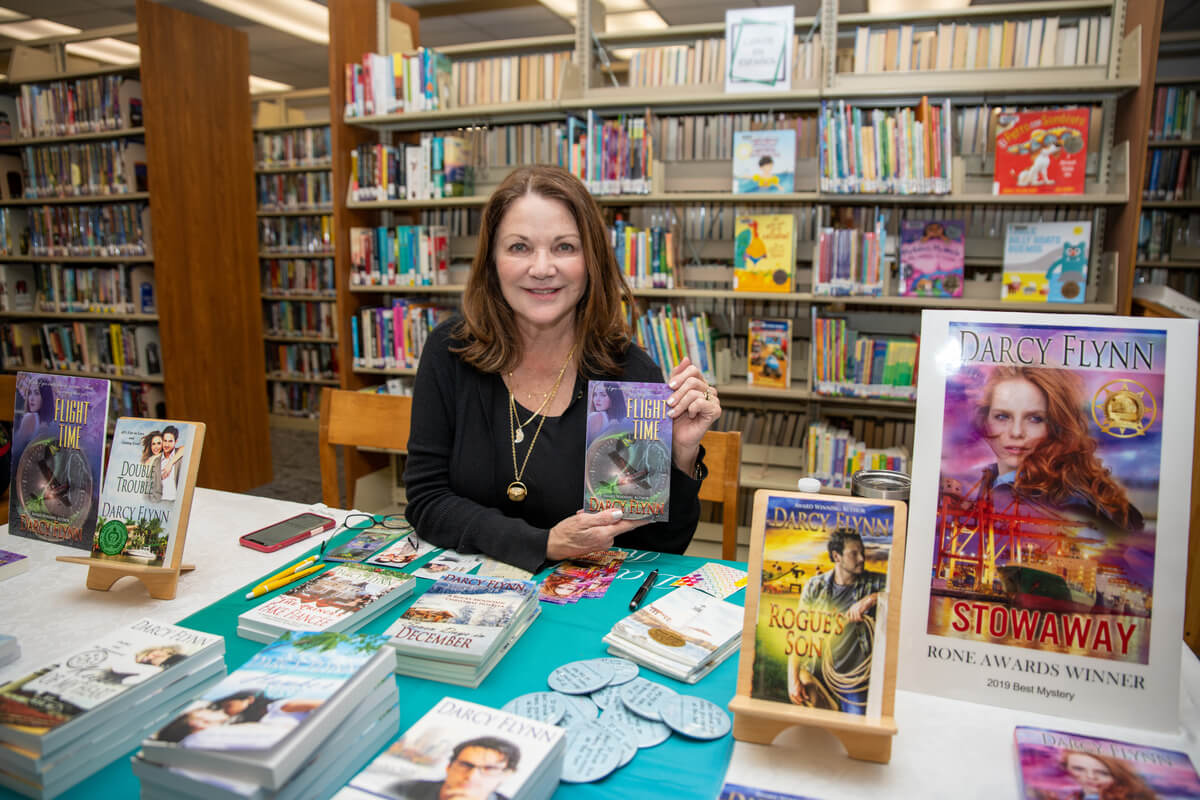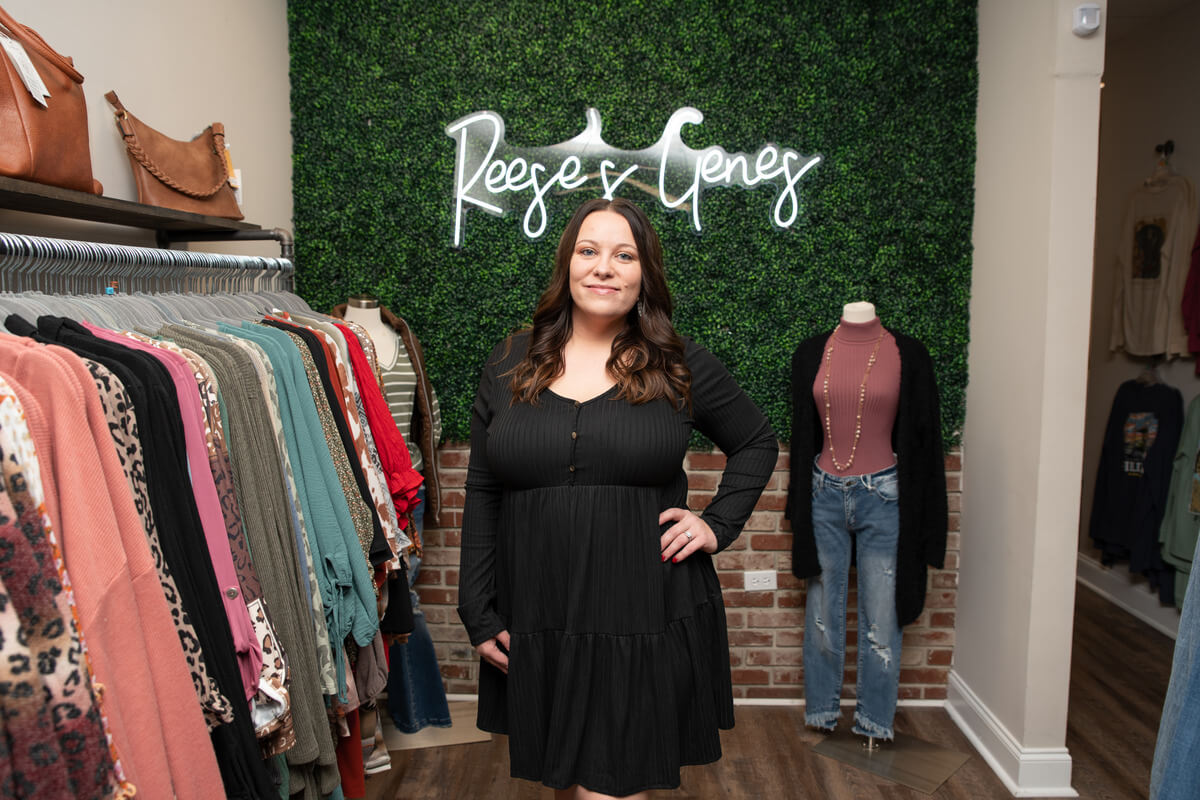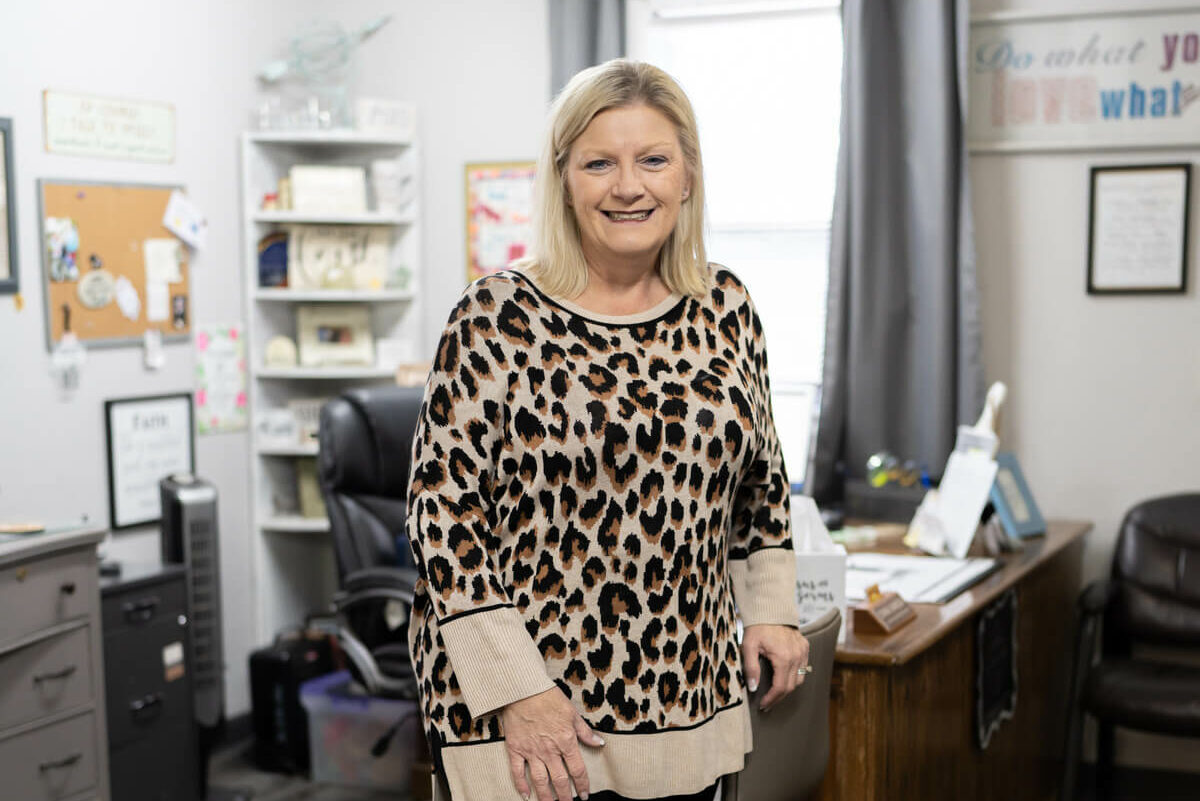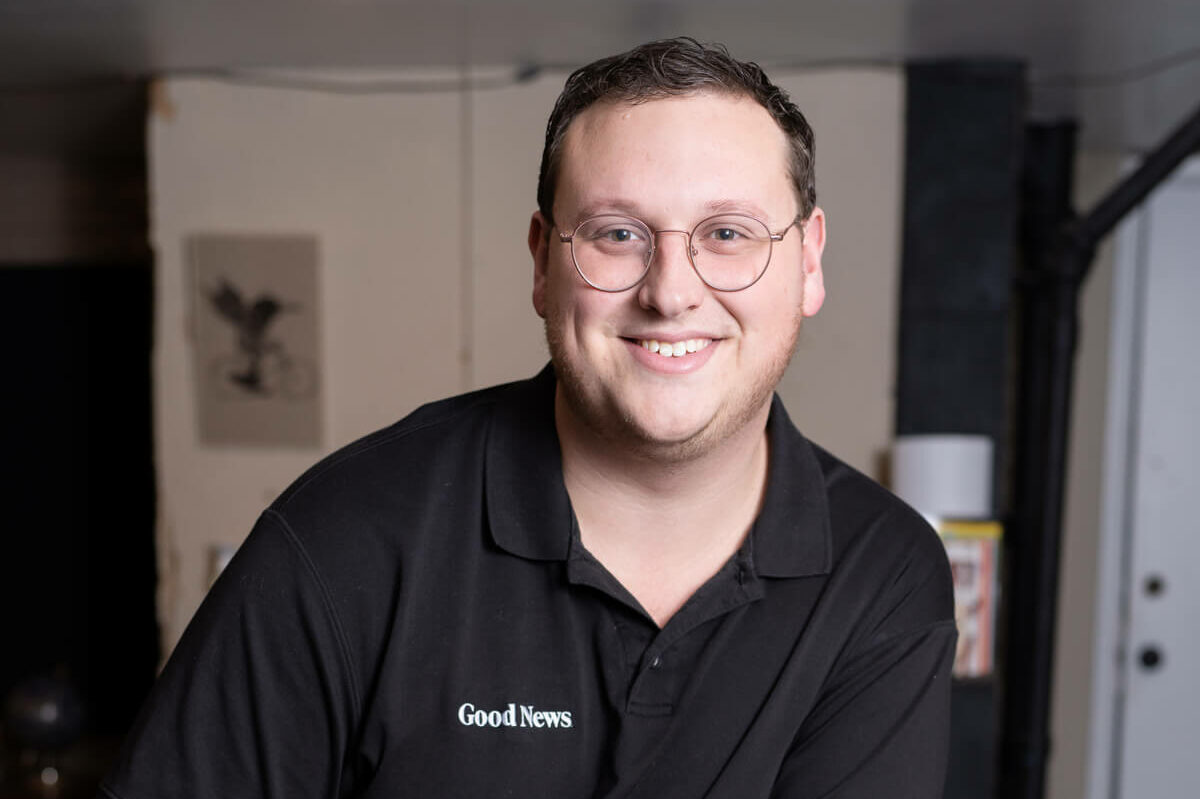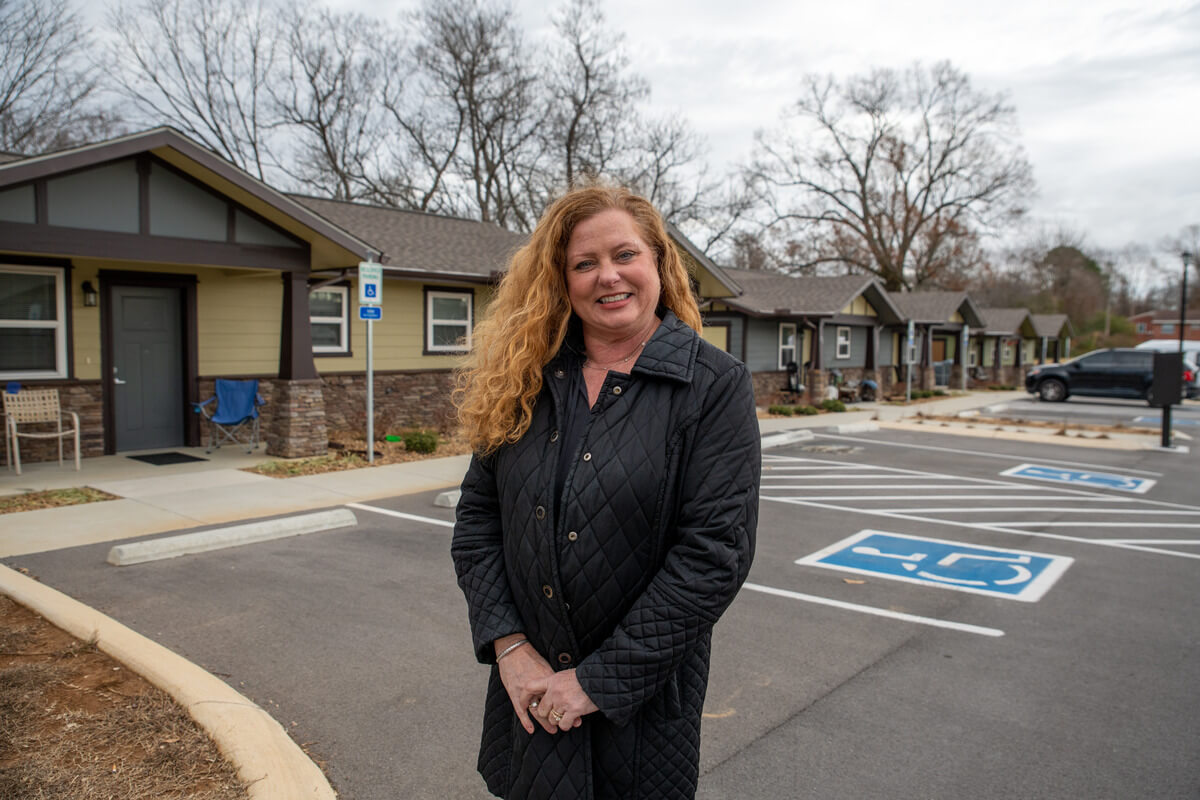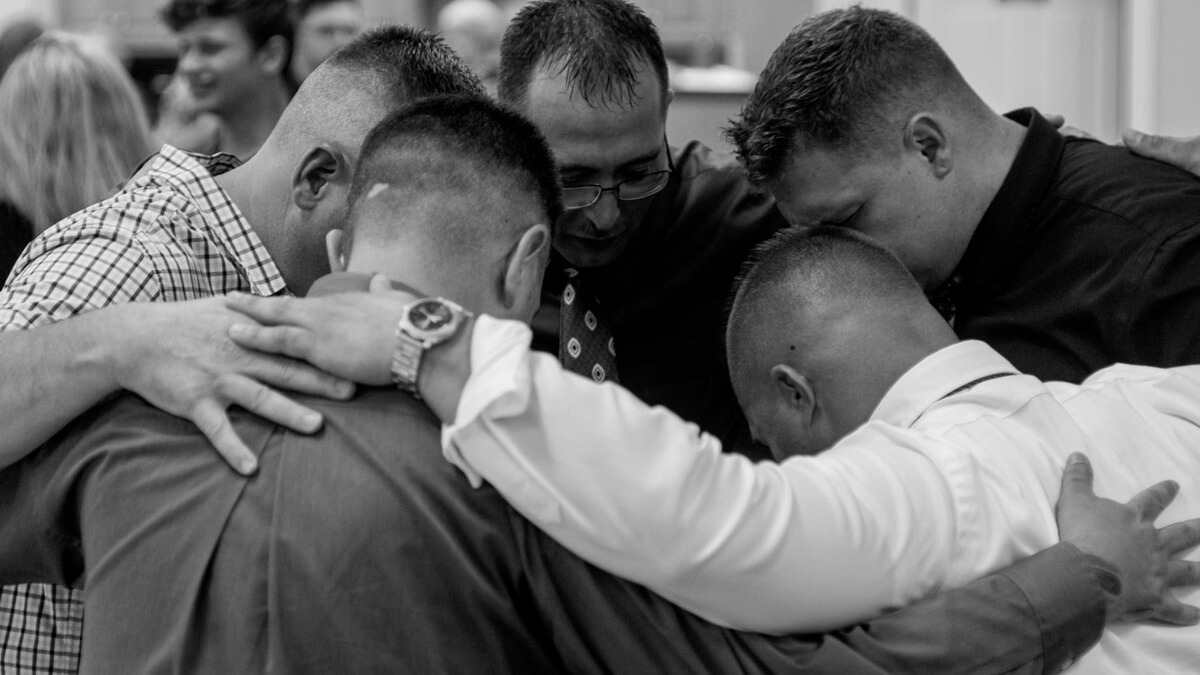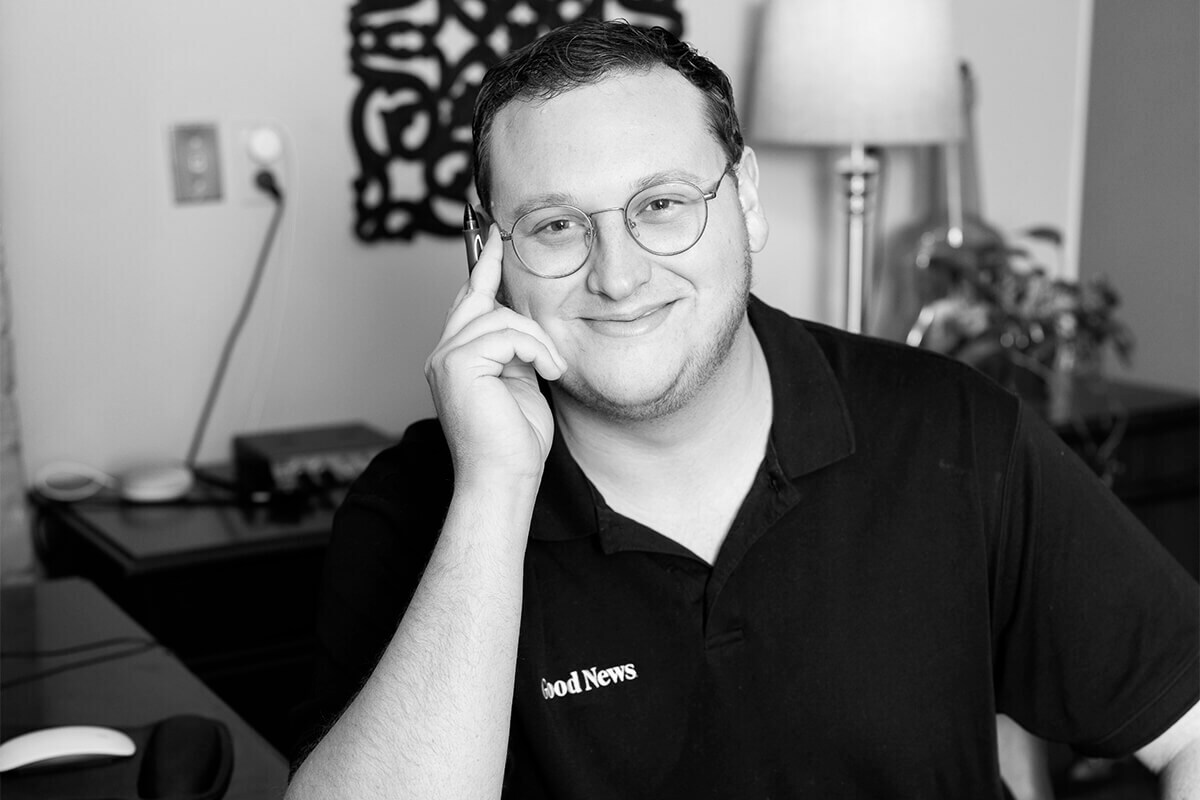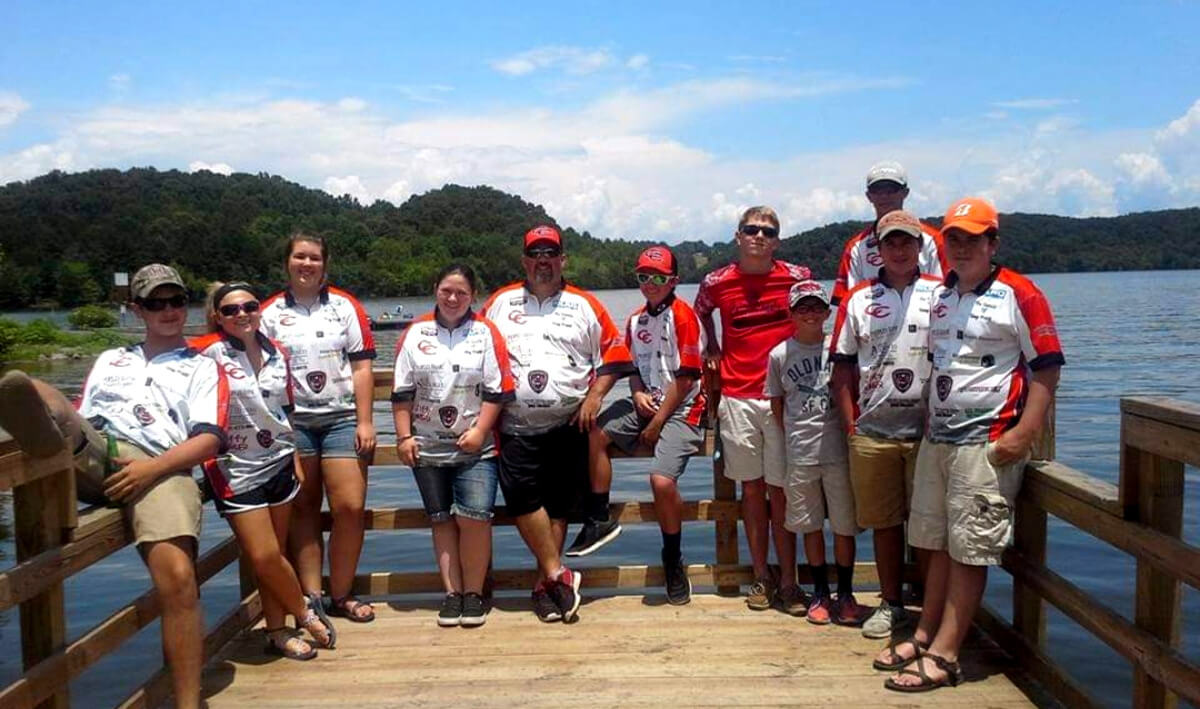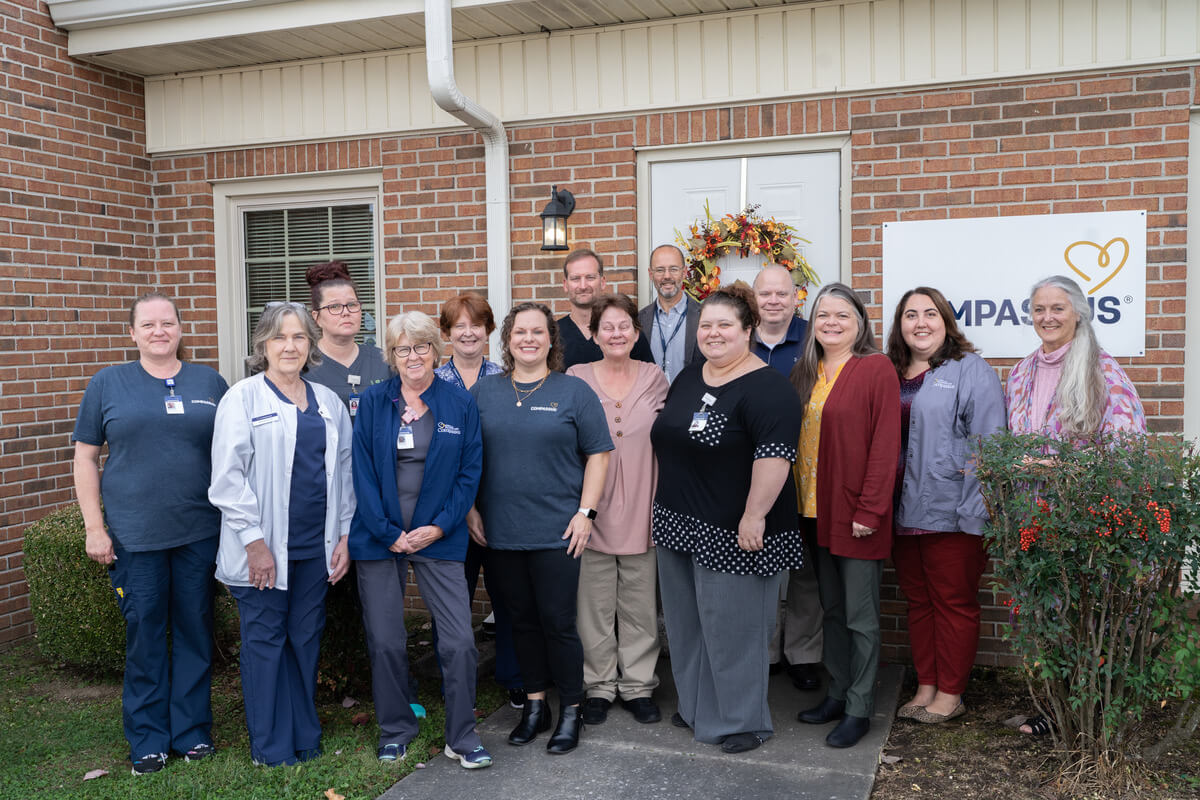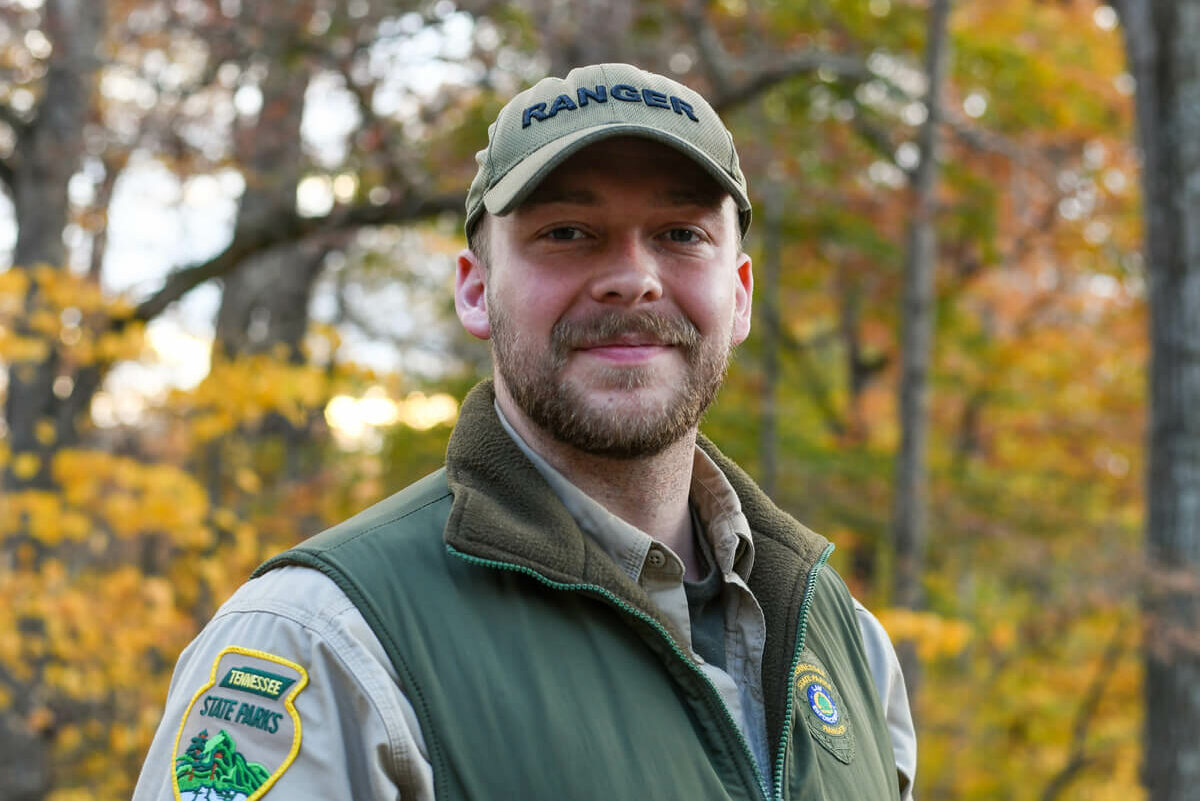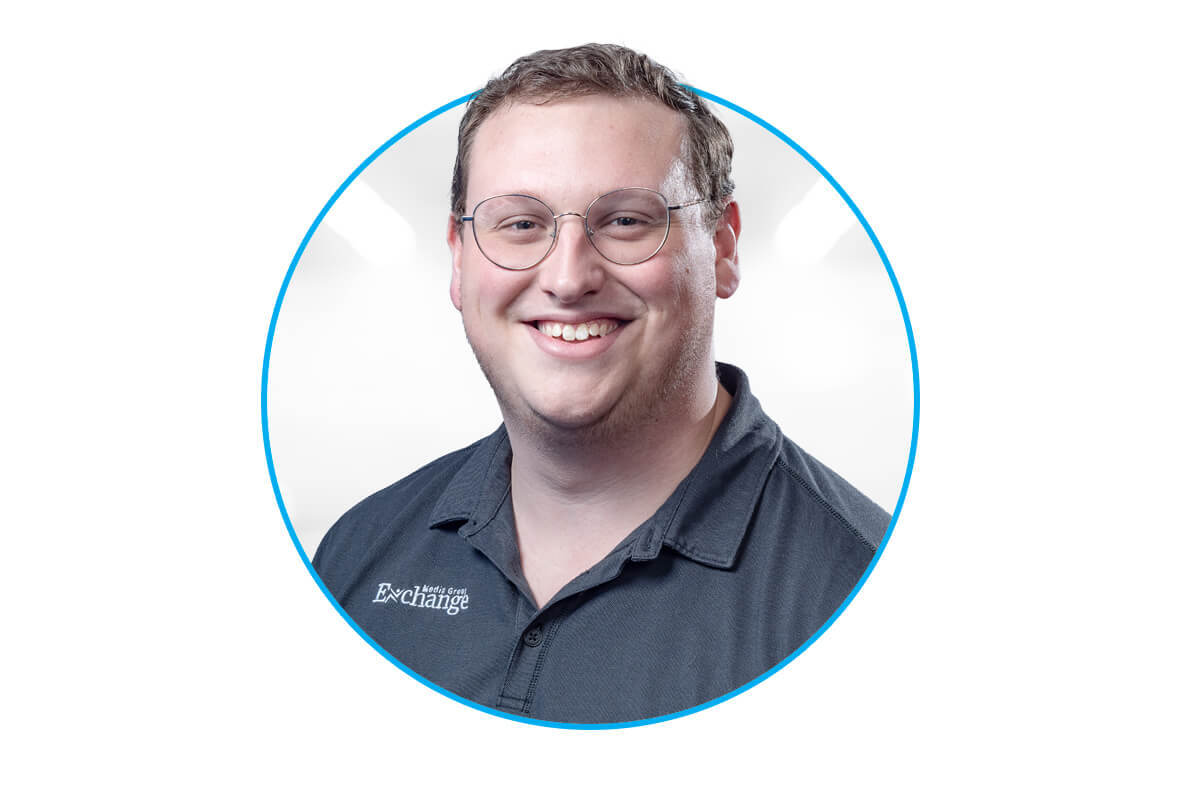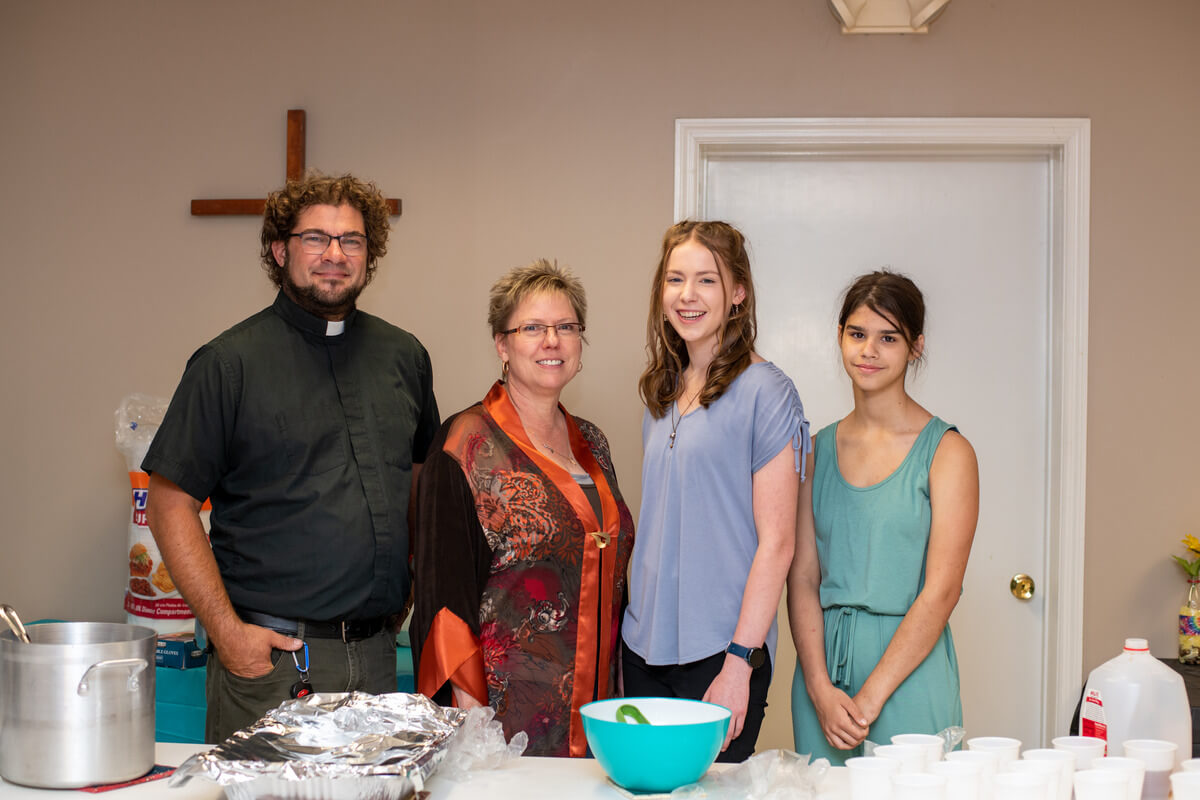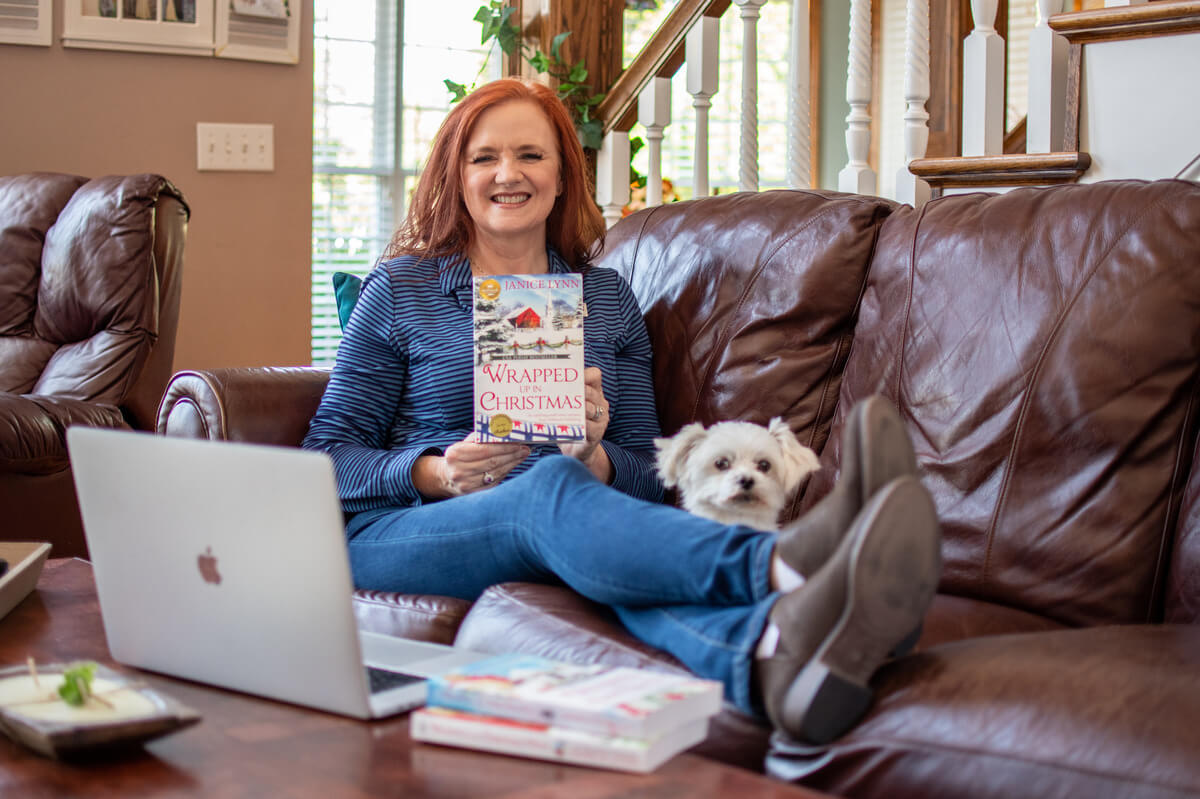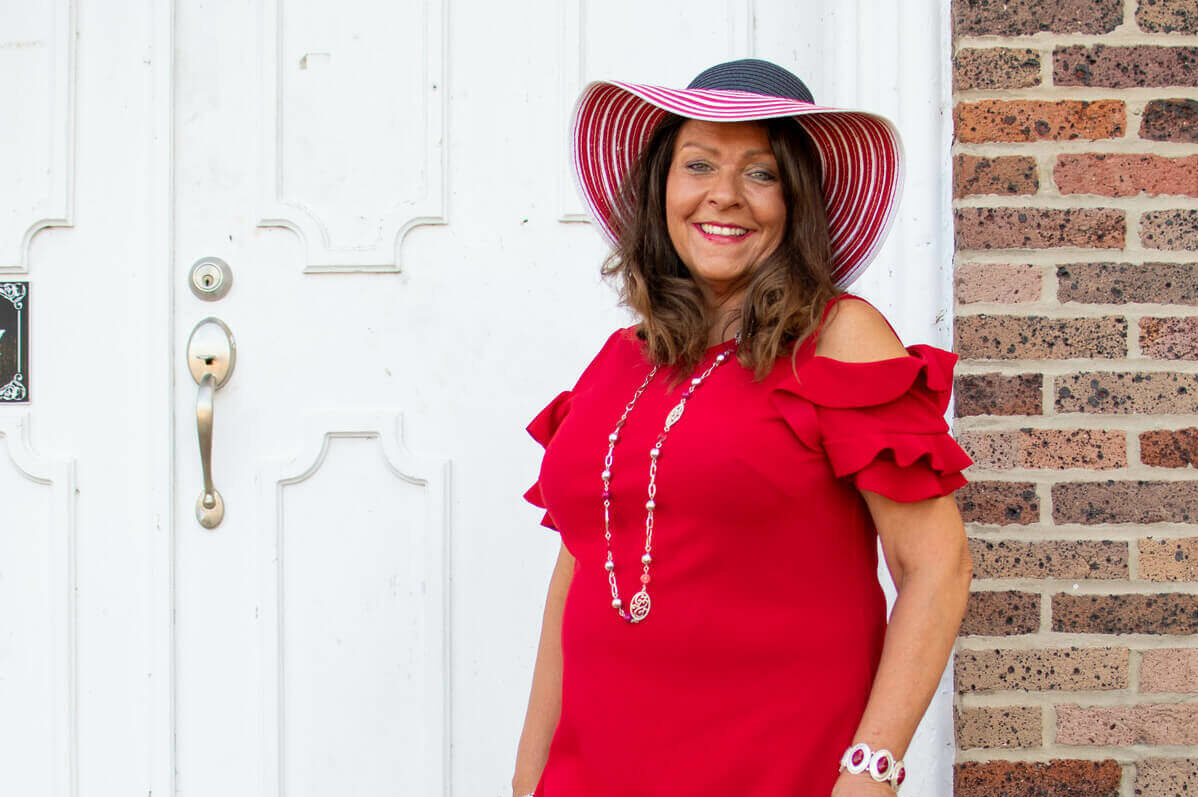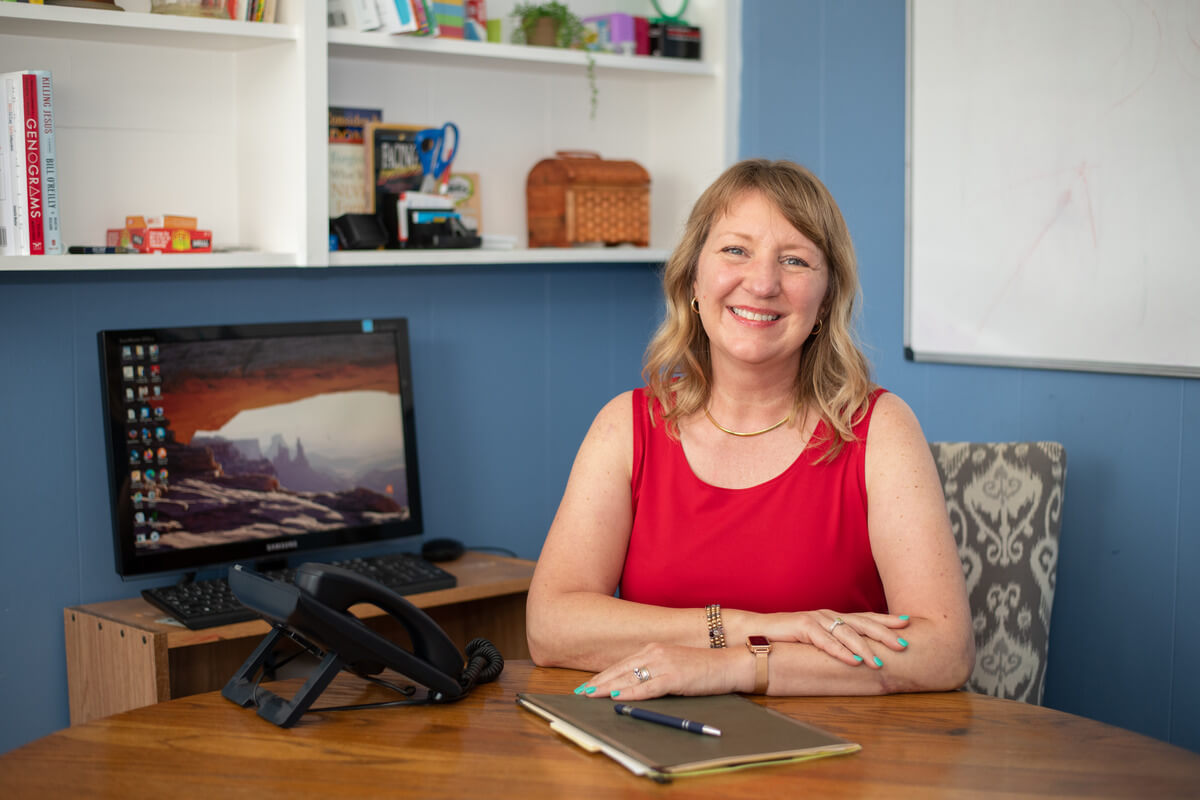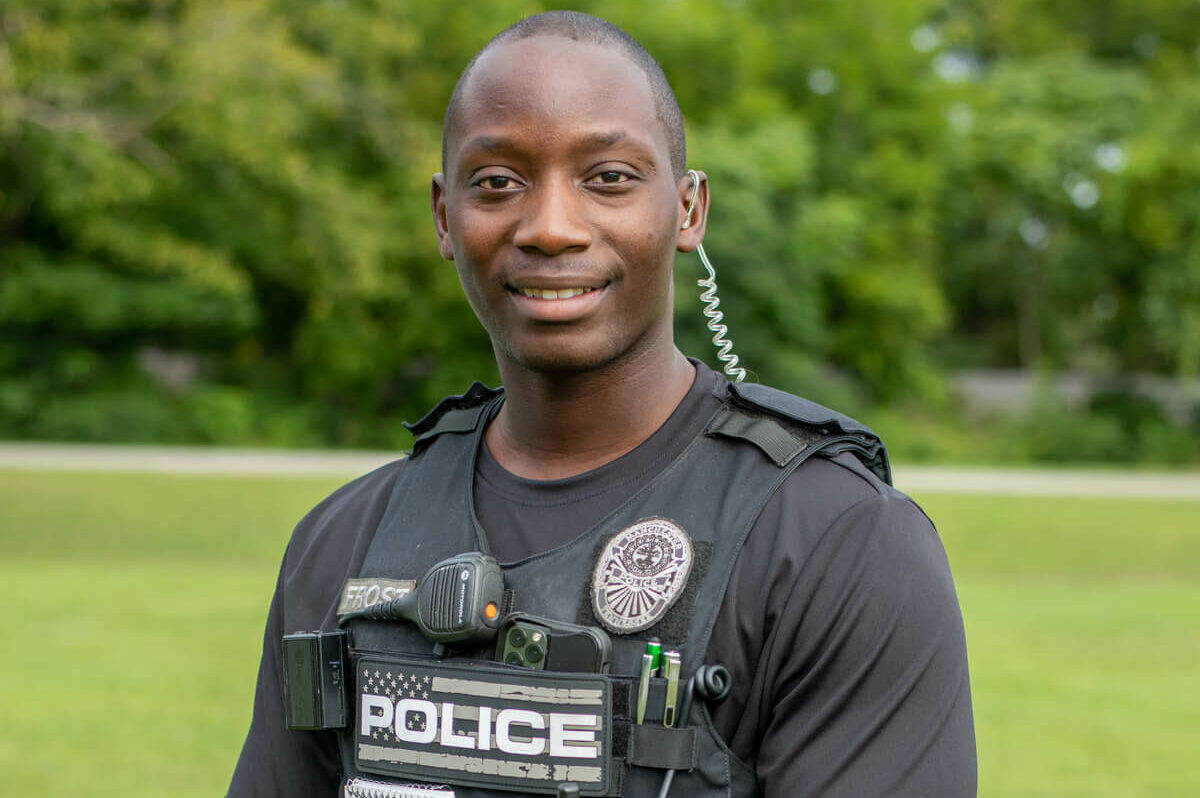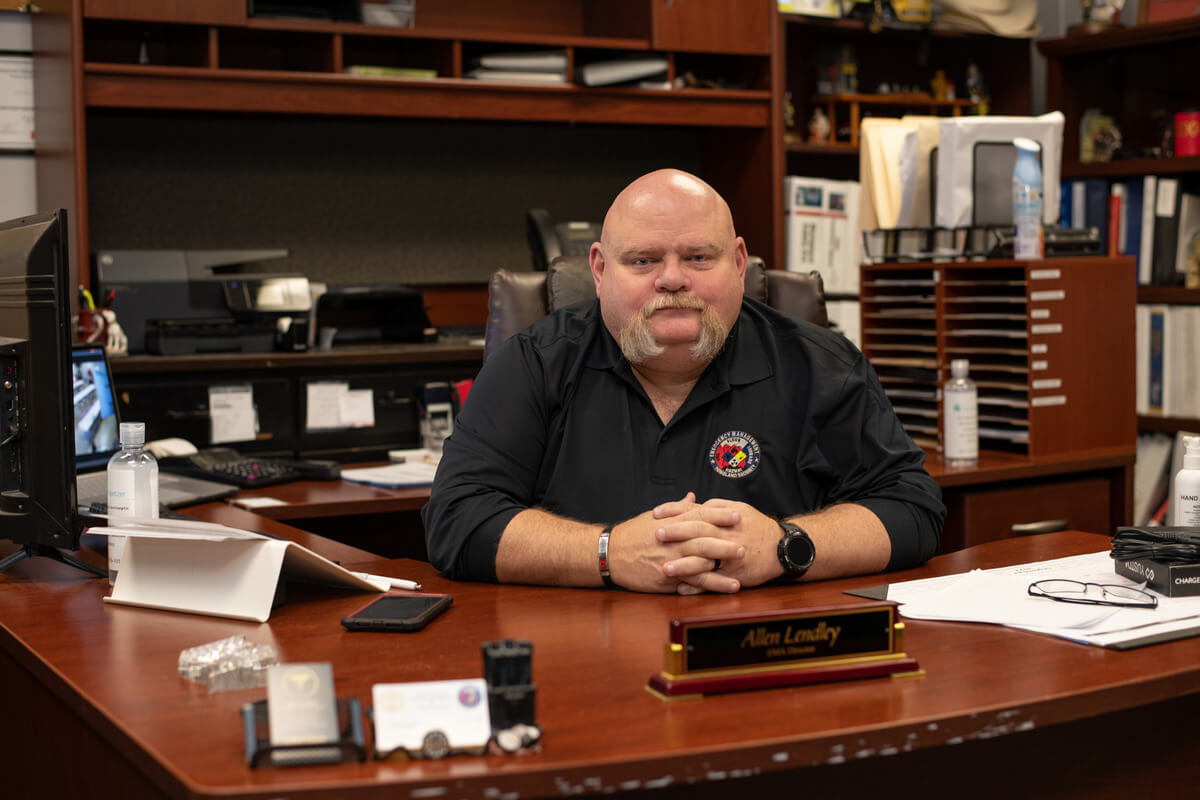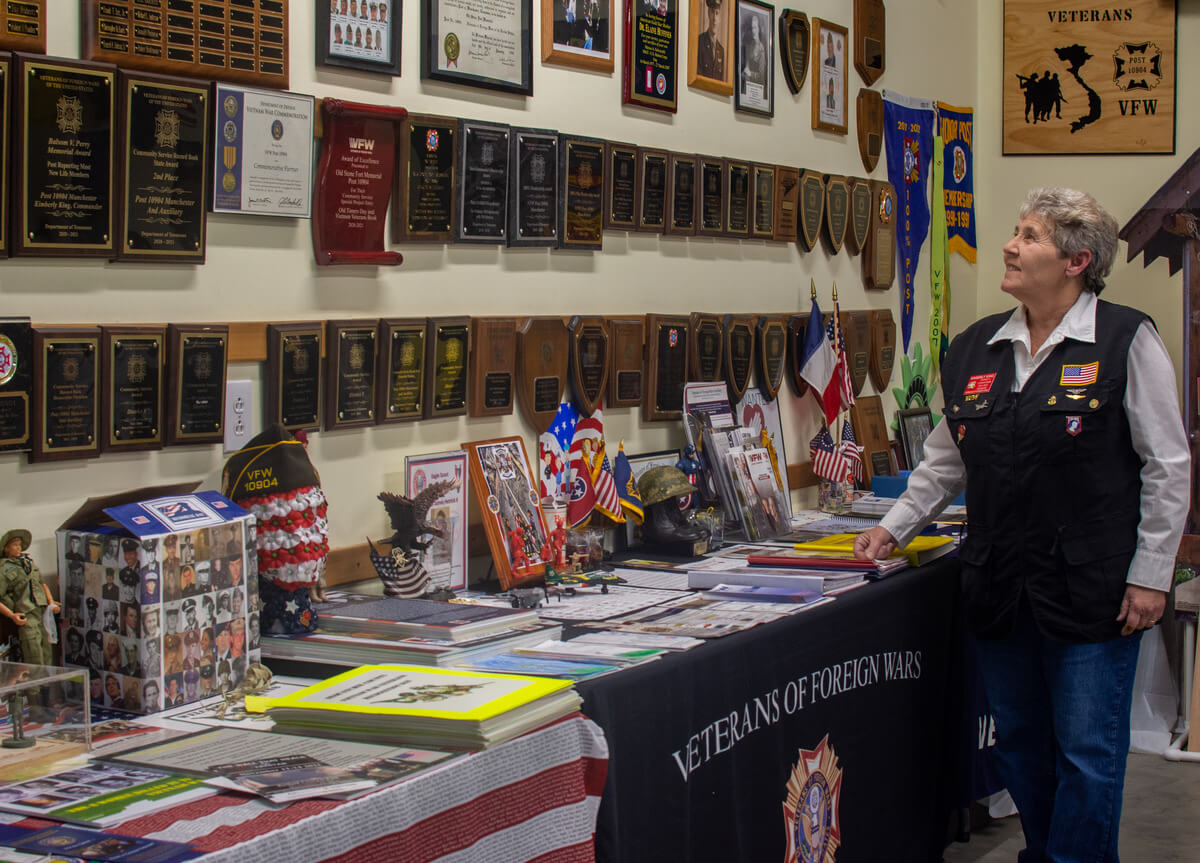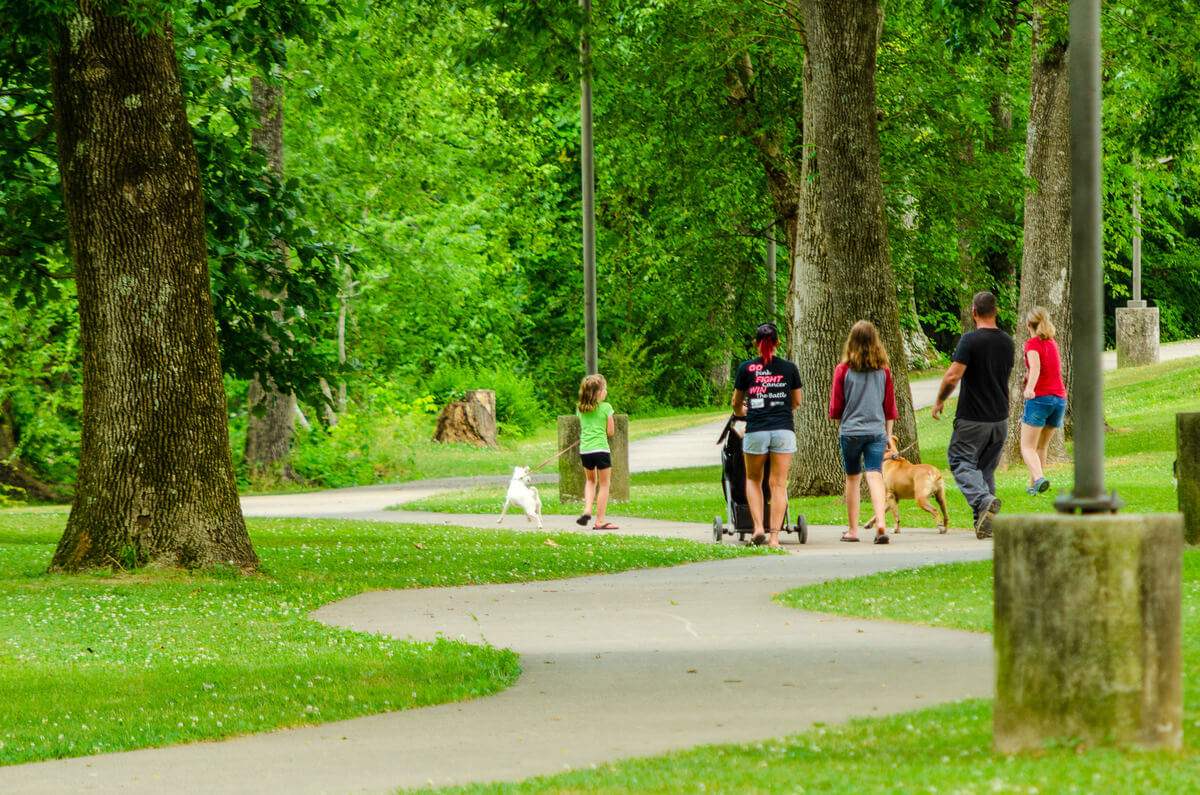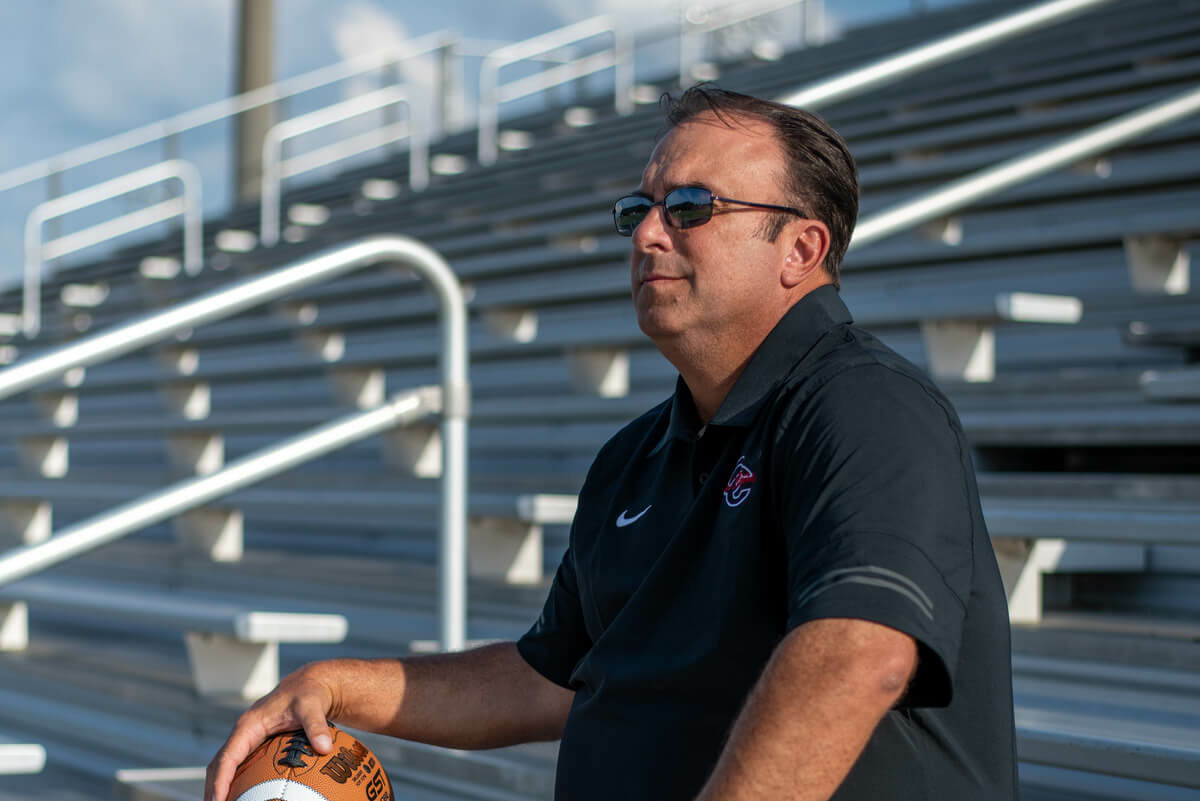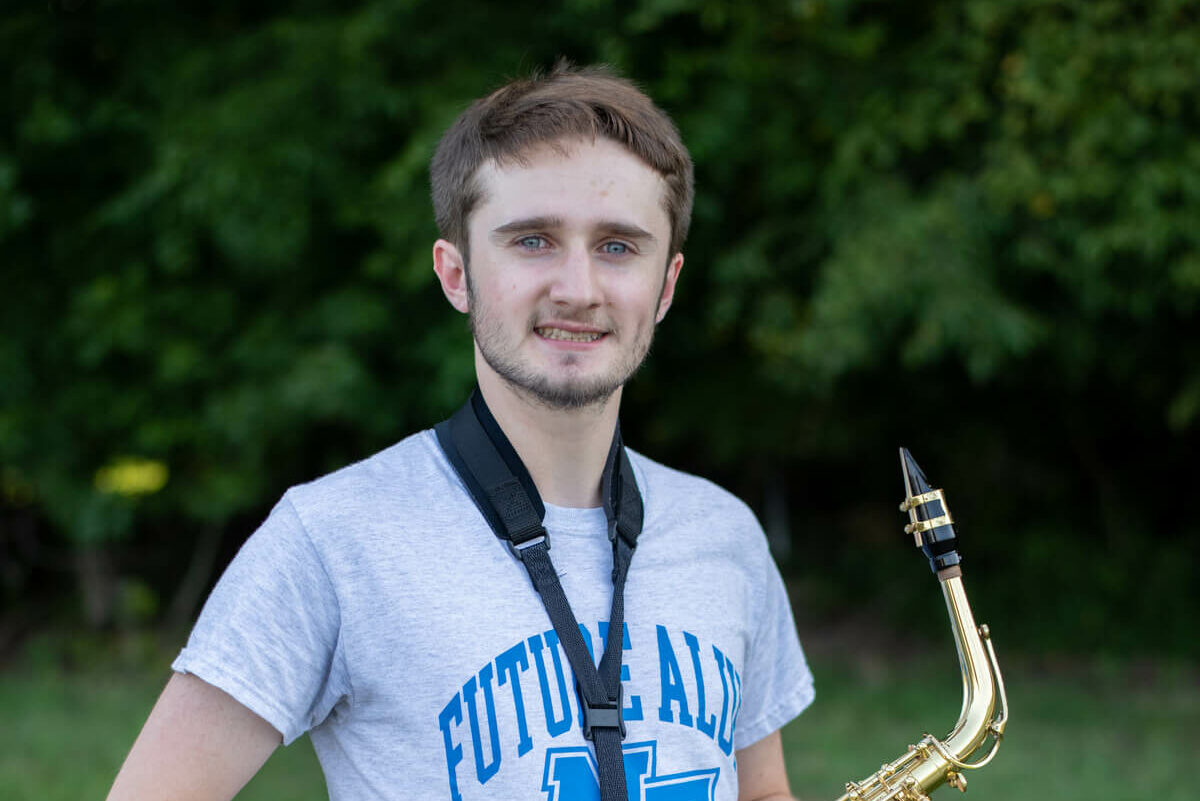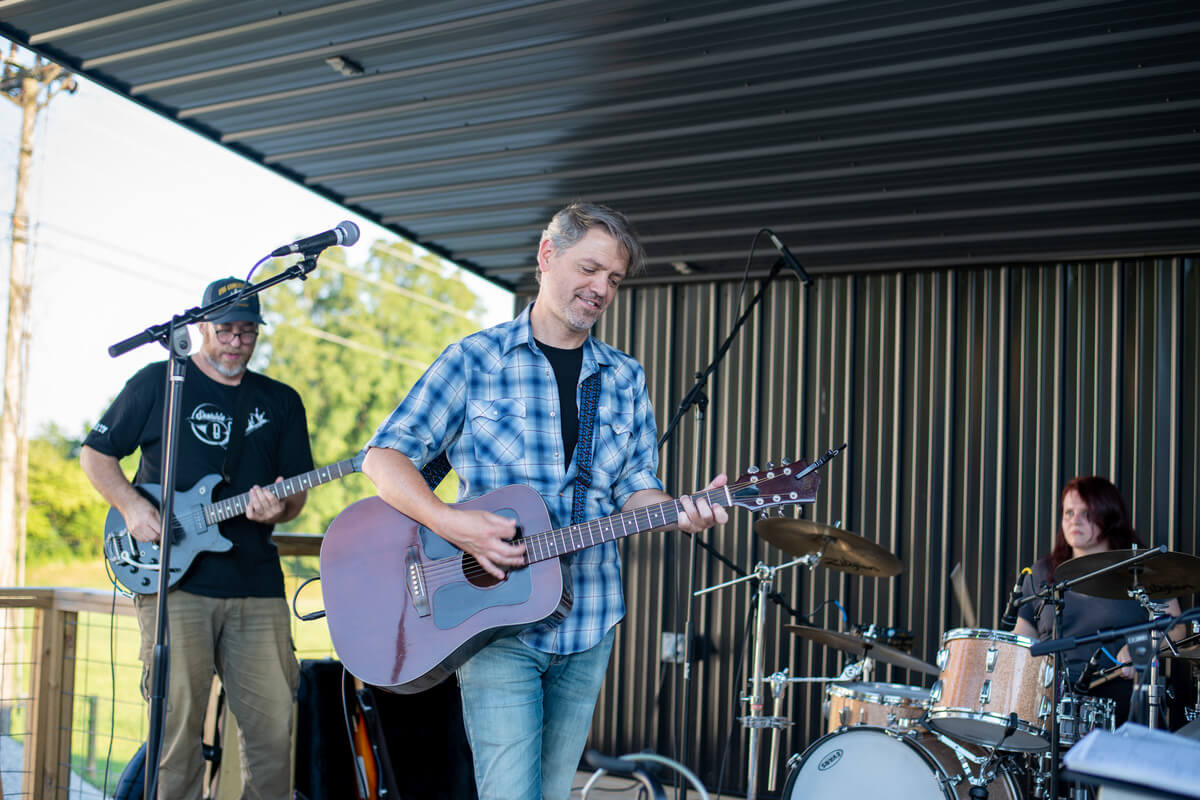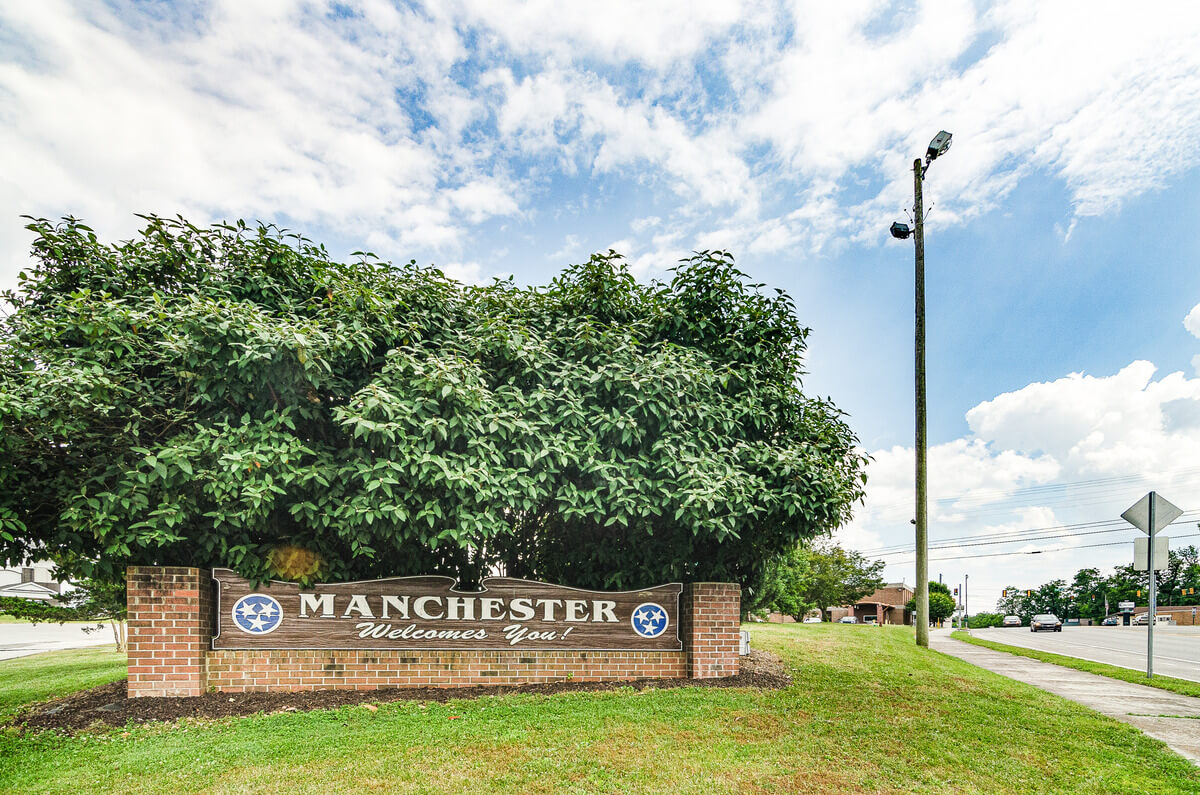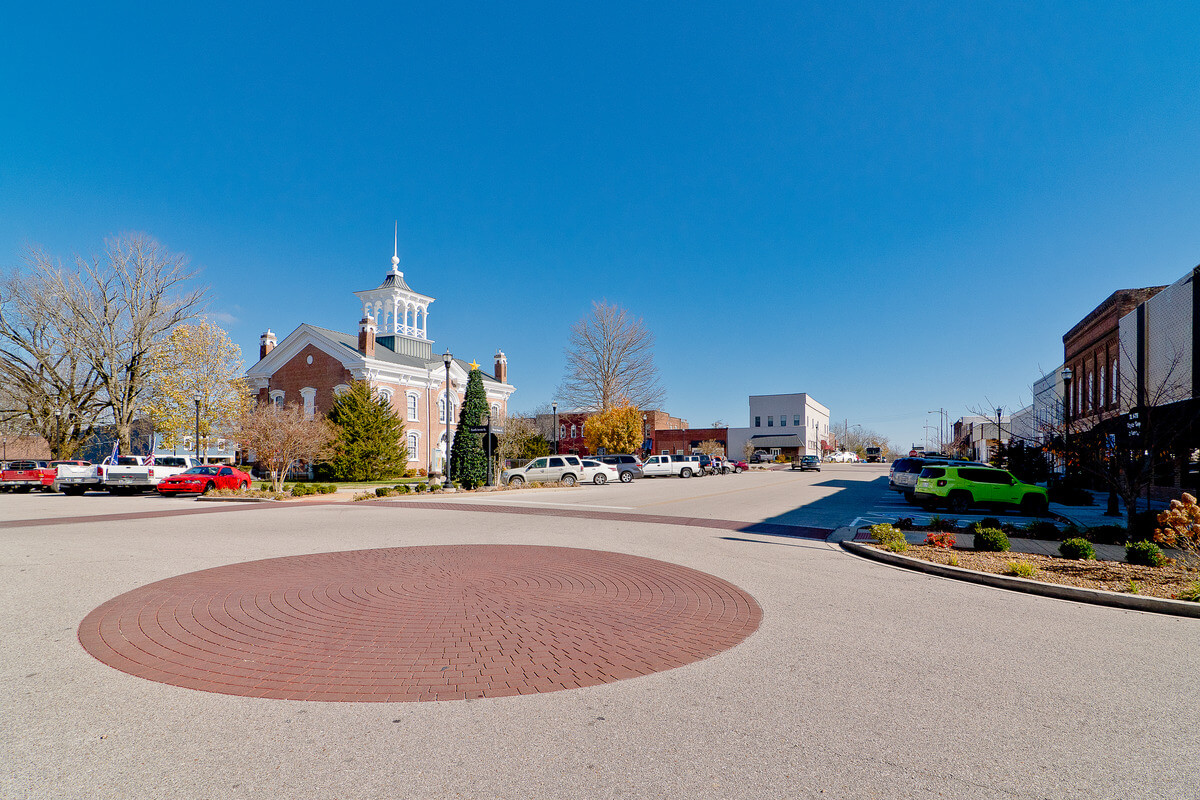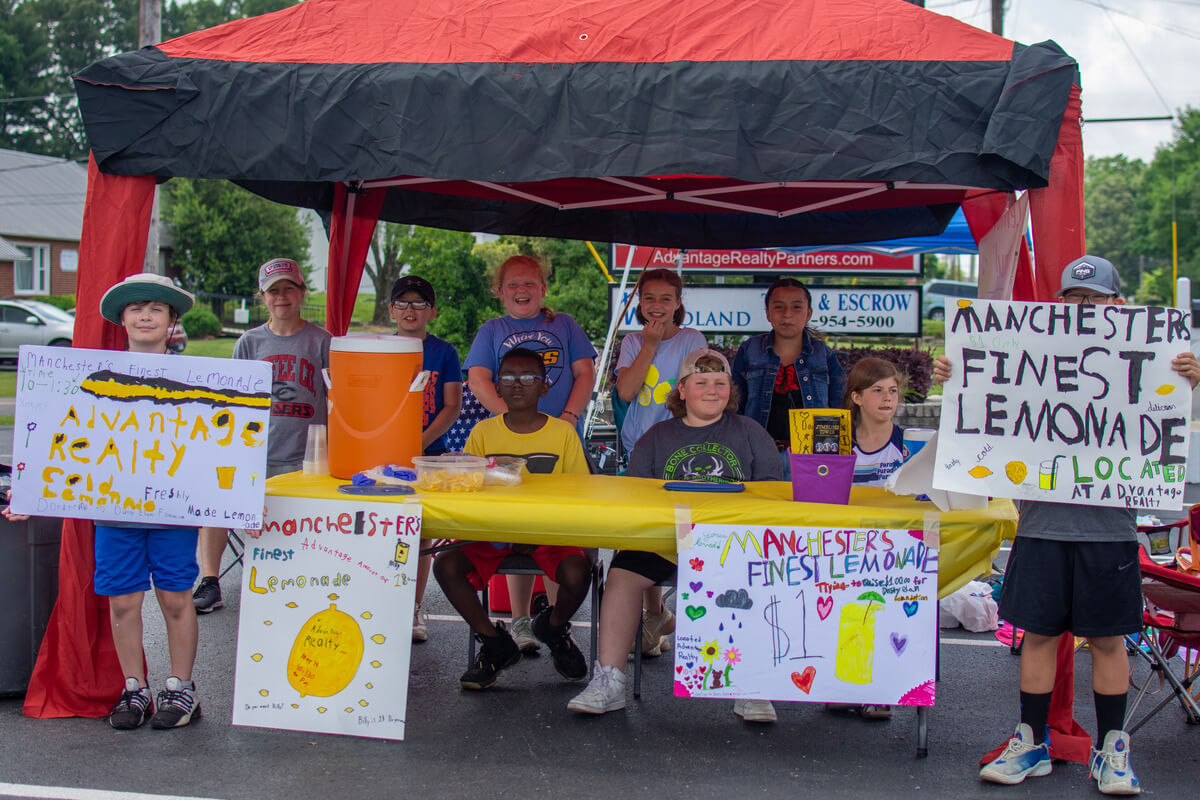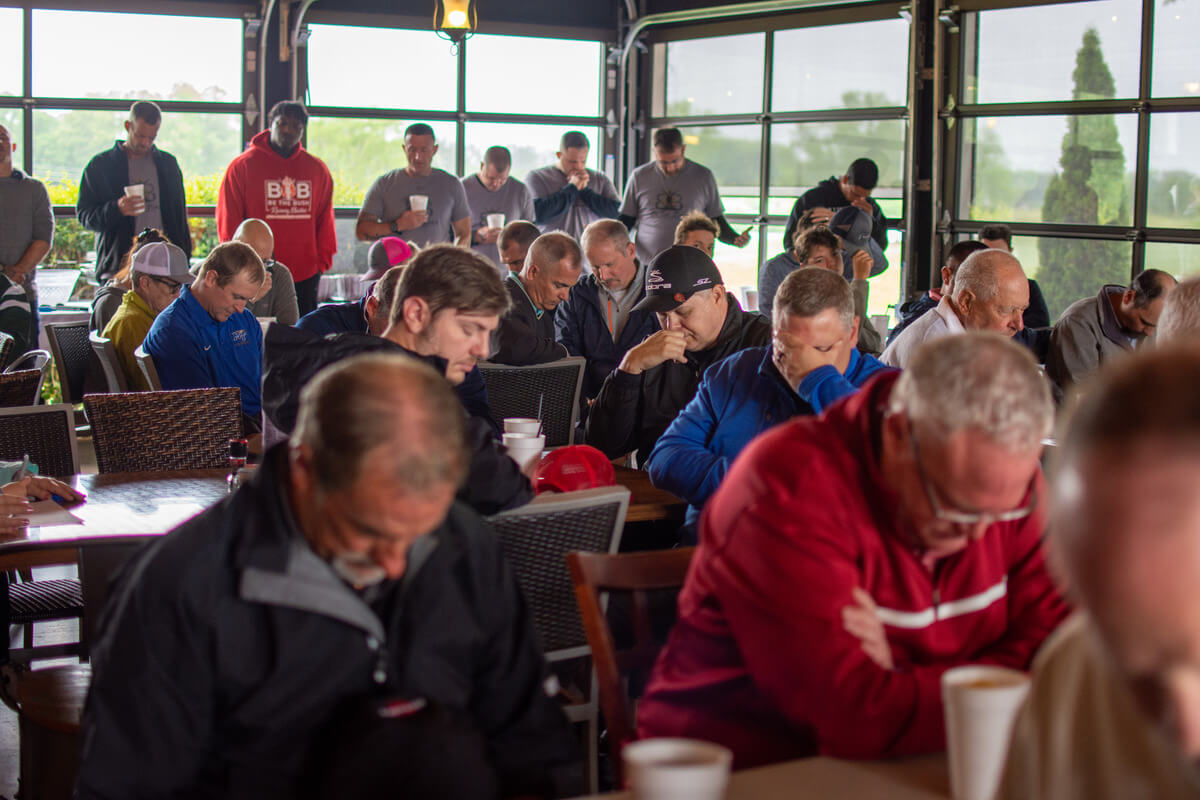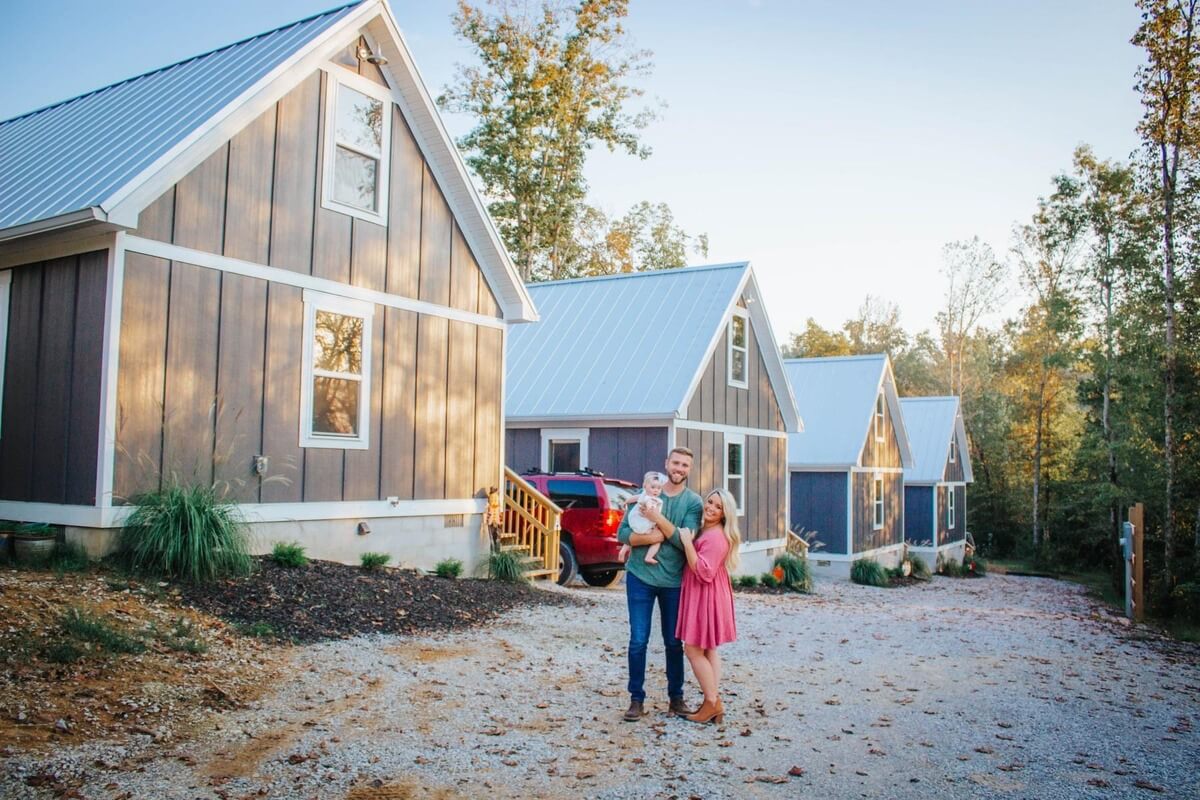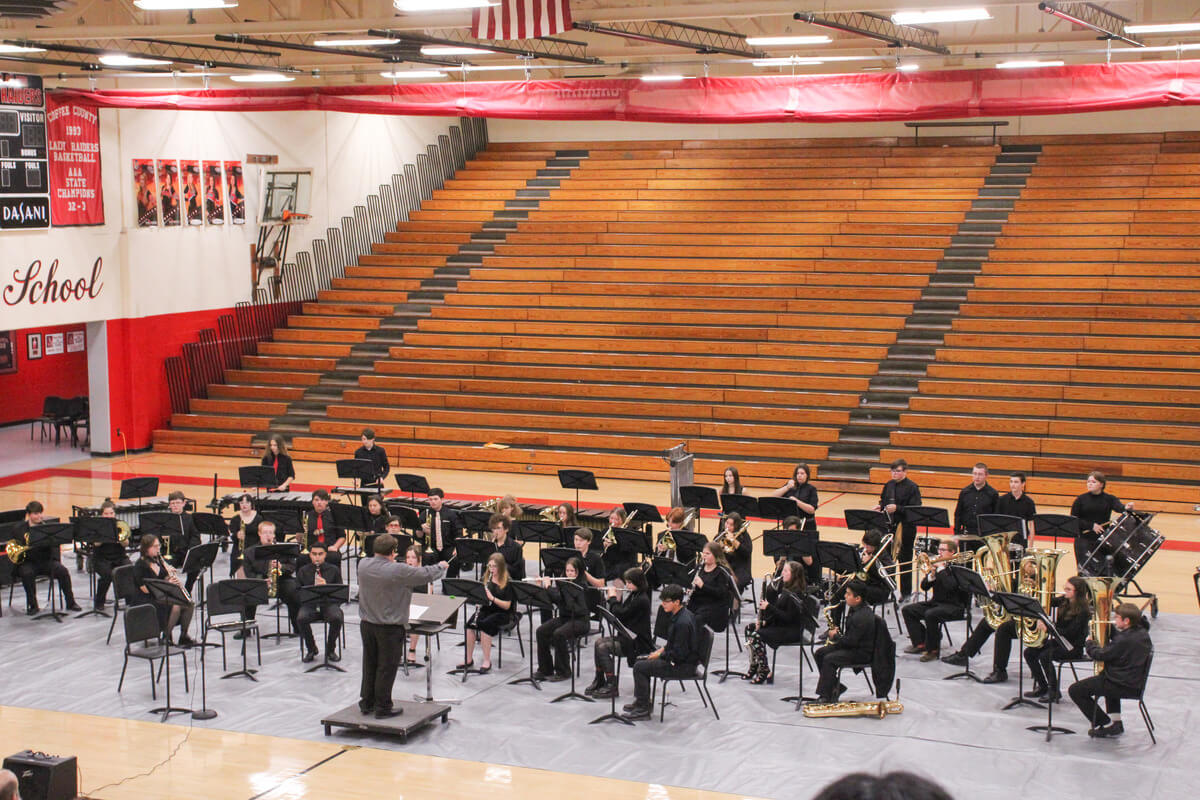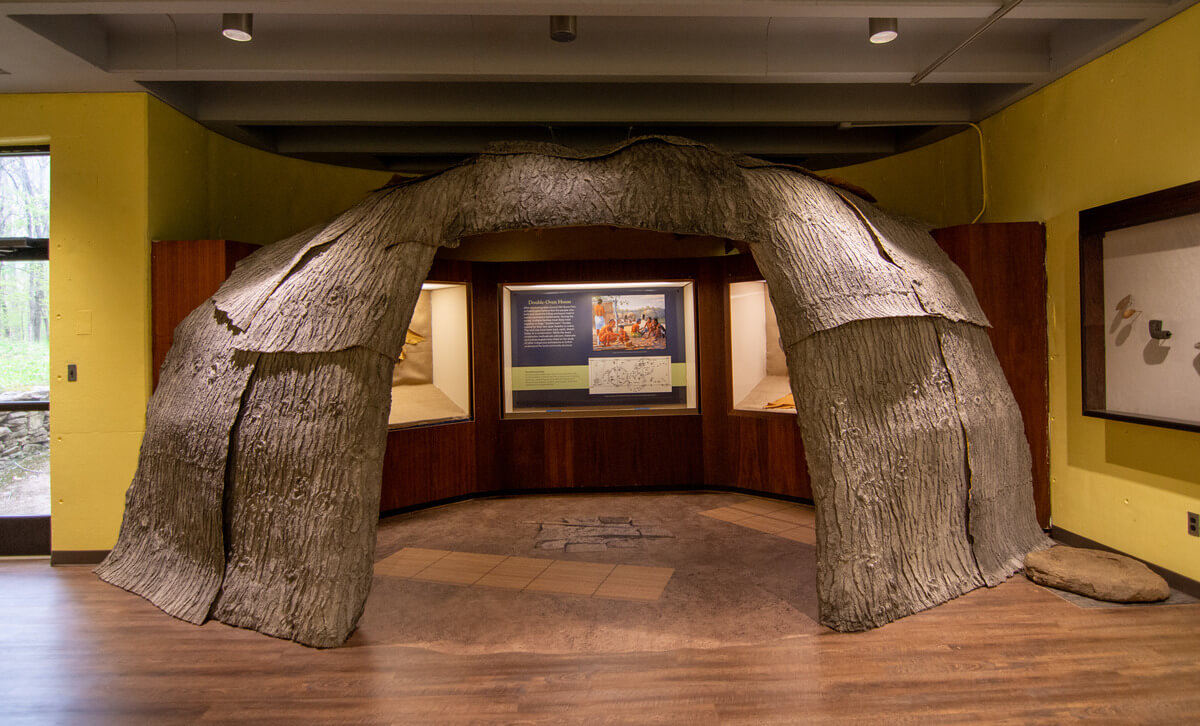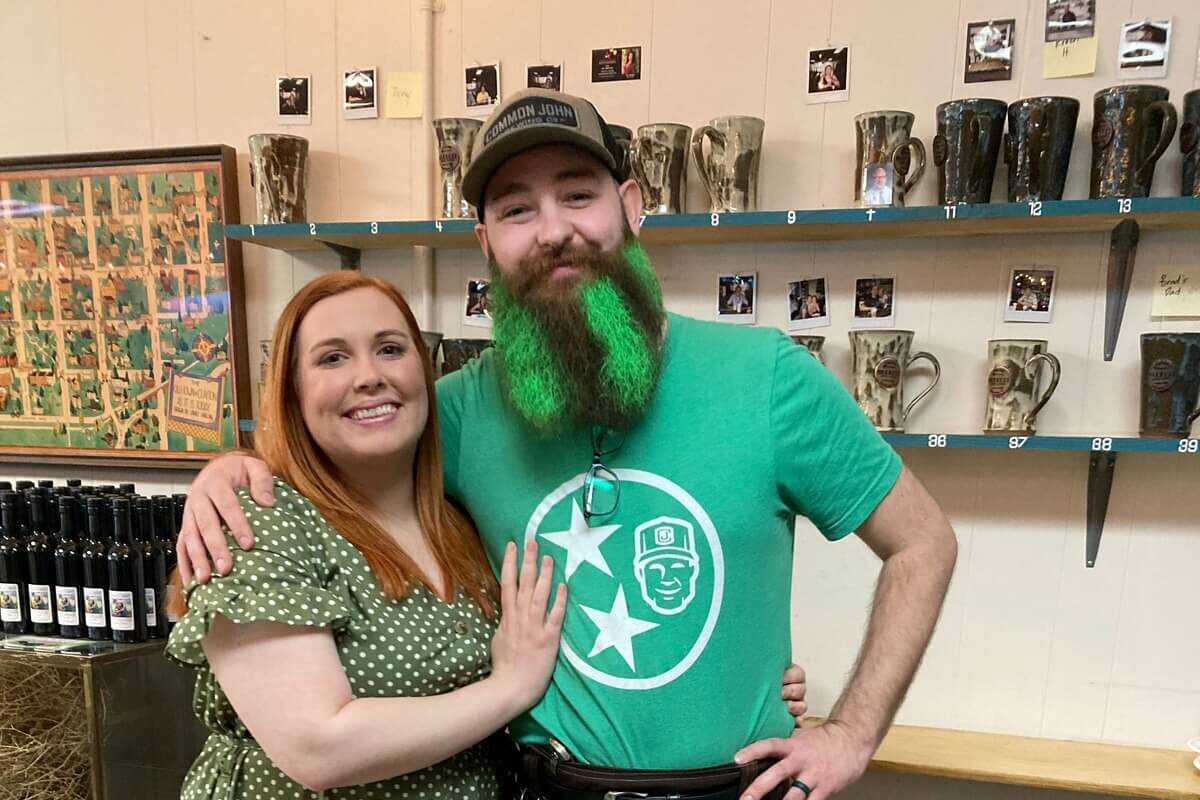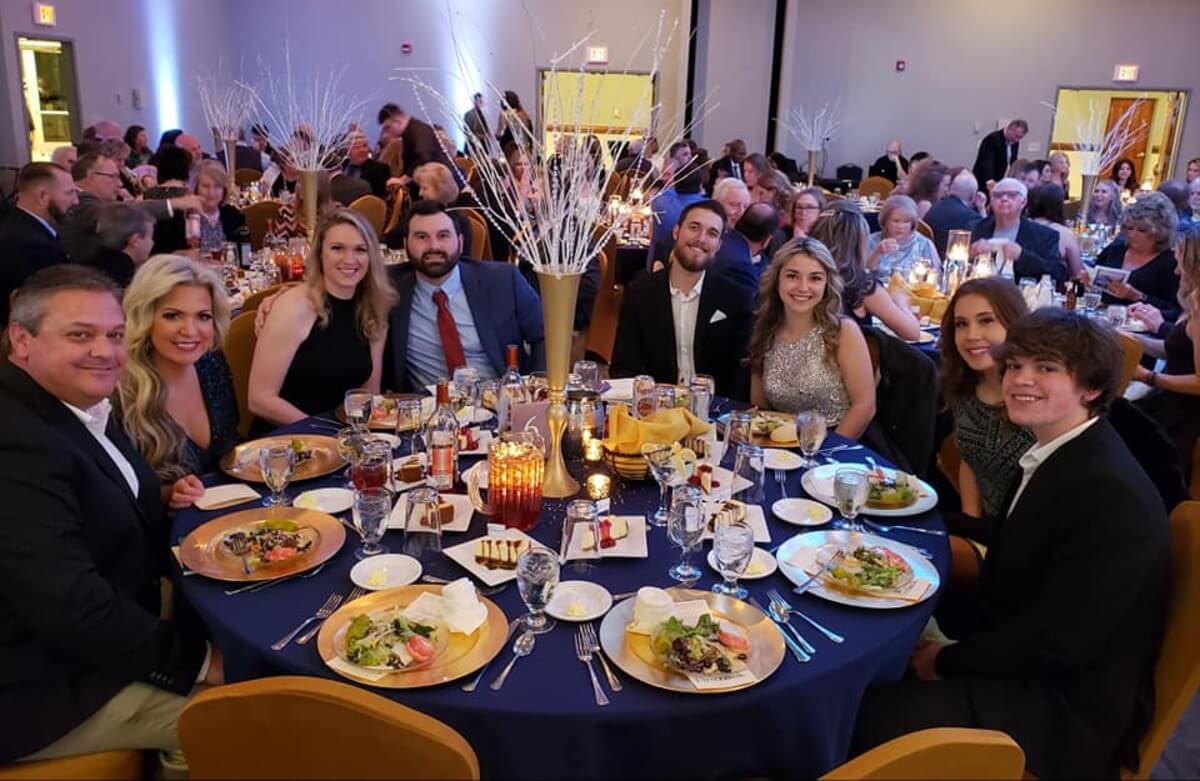Tasha Hill vividly remembers the moment that changed her life. She was sitting in a jail cell, lost in the throes of addiction, feeling utterly hopeless. With parents who also battled substance abuse, Hill found herself trapped in the same cycle of addiction, dysfunction, and eventual incarceration. She was so overwhelmed by life’s circumstances that she believed her fate was sealed: a life defined by overdose and imprisonment.
“I probably had over 30 jail stays,” she shared. “I thought that was my lot in life.”
But in that cell, she encountered what she now believes was a supernatural encounter — a woman who, to this day, she wonders might have been an angel. This woman ultimately inspired her arduous path to recovery.
“You don’t have to live this way,” the woman said.
The words pierced through the darkness, stirring the possibility of redemption deep within her. At that moment, she realized she had a choice to stop the cycle of addiction, broken relationships, and incarceration.
“It was like God walked right by me,” Hill recalled. “From that day forward, I was different.”

Hill, determined to change, joined a local church. She had heard of recovery programs but said they never truly transformed people from the inside out. Her church provided the structure and support she needed to rebuild her life, believing that change was truly possible. Through ministry, she began to transform, grounding herself in biblical principles that guided her journey. Hill also confronted the deep wounds that had fueled her addiction.
“The Bible answers all of life’s issues,” she said. “As you become who you were supposed to be, you unbecome all the things you weren’t.”
Rebuilding relationships became one of the most vital and tender steps in her recovery process. As a mother who lost custody of her children due to addiction, Hill knew intimately the pain of broken families. But through faith and relentless dedication, she rekindled relationships with her family and found a way to help other women navigate the same painful path.
“I tell people, ‘No matter how long you’ve been in addiction or away from your family, you can turn it around,’” she said.
Following her recovery, Hill began volunteering in various ministries, eventually leading faith-based support groups at her church. Facilitating these groups amplified both her confidence and abilities. She was able to provide others with the extra support that she craved during her recovery journey. Each session made her vision clearer and deepened her desire to create a more comprehensive support program that offered faith-centered healing.
Encouraged by her church community and after a brief phone call with Pastor Caleb McCall, Hill manifested her vision into reality by joining McCall in opening Miriam House. In 2020, during the onset of the COVID-19 pandemic, McCall named Hill the director of Miriam House. It was a step in her journey that they both felt she was destined to take.

“I have to point it all back to the Lord,” she said humbly. “He grew me from the inside out.”
Miriam House is a faith-based recovery center designed to empower and renew women through holistic healing. Through Miriam House, Hill helps other women break free from the chains of addiction and rebuild their lives just as she did. The program welcomes women from all walks of life — whether they’re coming from jail or the streets or simply need a life change — and offers long-term support.
“We teach them how to live again,” Hill explained. “We look at each woman’s needs — whether that’s getting their GED [diploma], parenting classes, or working on getting their children back — and walk with them through the process.”
Hill sees her ministry at Miriam House as a manifestation of overcoming heartache, immense growth, and a willingness to be led and disciplined. She knows the methods that work to heal others, and she understands their struggles because she has lived them.

As a proud mother of four sons, Hill continues to mentor women outside Miriam House and actively participates in community outreach through Canvas Community Church and initiatives like One Day of Hope.
As for the future, Hill has no plans of slowing down. She plans to expand Miriam House’s reach and help more women across the country access life-changing support.
“God has called me to proclaim the good news and set the captives free,” she said, referencing Isaiah 61:1-3, the scripture that has become her life’s mandate. “I want to see more women break free from addiction and find their true purpose.”
Hill’s story breathes vitality into what was once stagnant and hope to those in despair. Through Miriam House, she is rewriting her narrative and helping other women find the strength to write theirs. For countless women, Miriam House is a gateway to freedom, healing, and a brighter future. GN






